Now reading
Top things to see and do in Southern Poland

Southern Poland is a land of contrasts, where stunning natural landscapes meet centuries of rich history and cultural heritage. Whether you’re hiking in the Tatra Mountains, soaking in the history of Kraków, or visiting the most poignant historical site in the world, this region offers a diverse range of experiences. Here are the top things to see and do in one of Europe’s most captivating regions.

Kraków, one of Poland’s oldest and most vibrant cities, is a treasure trove of history, culture, and stunning architecture. From medieval streets and historic landmarks, to lively cafes and modern art galleries, here’s a guide to the best things to do in Kraków.
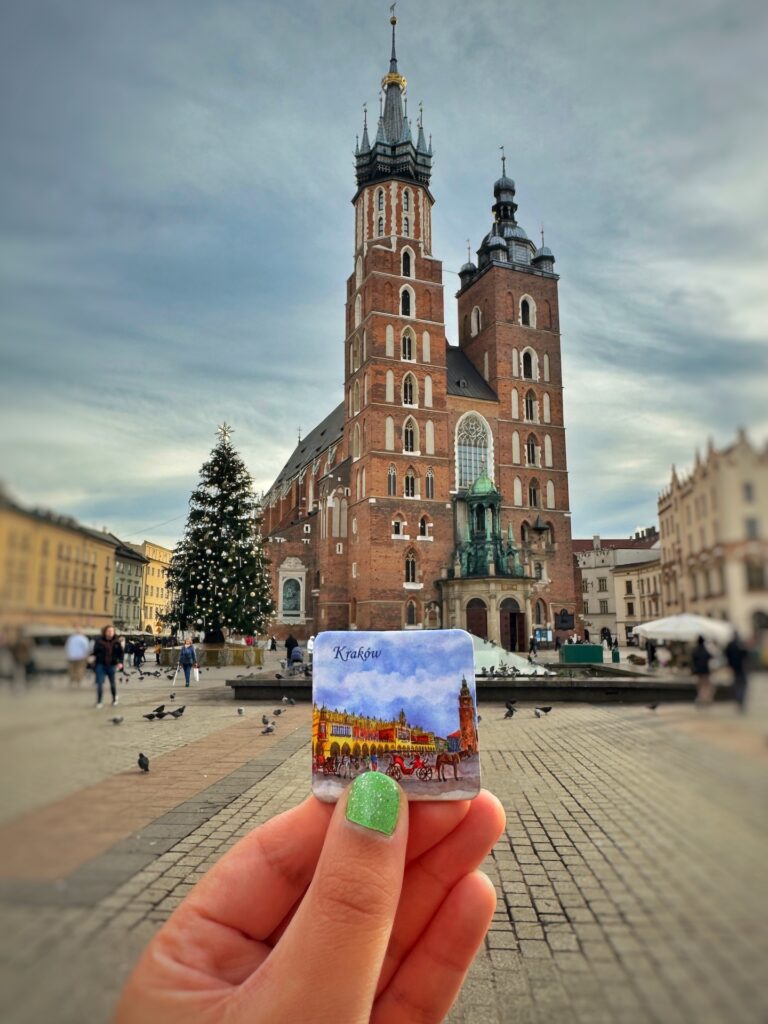
Rynek Główny, Kraków’s Main Market Square, is the beating heart and soul of the city. As Europe’s largest main square, it pulses with life, surrounded by stunning Gothic and Renaissance architecture, beautiful horses, street performers, and bustling cafés.
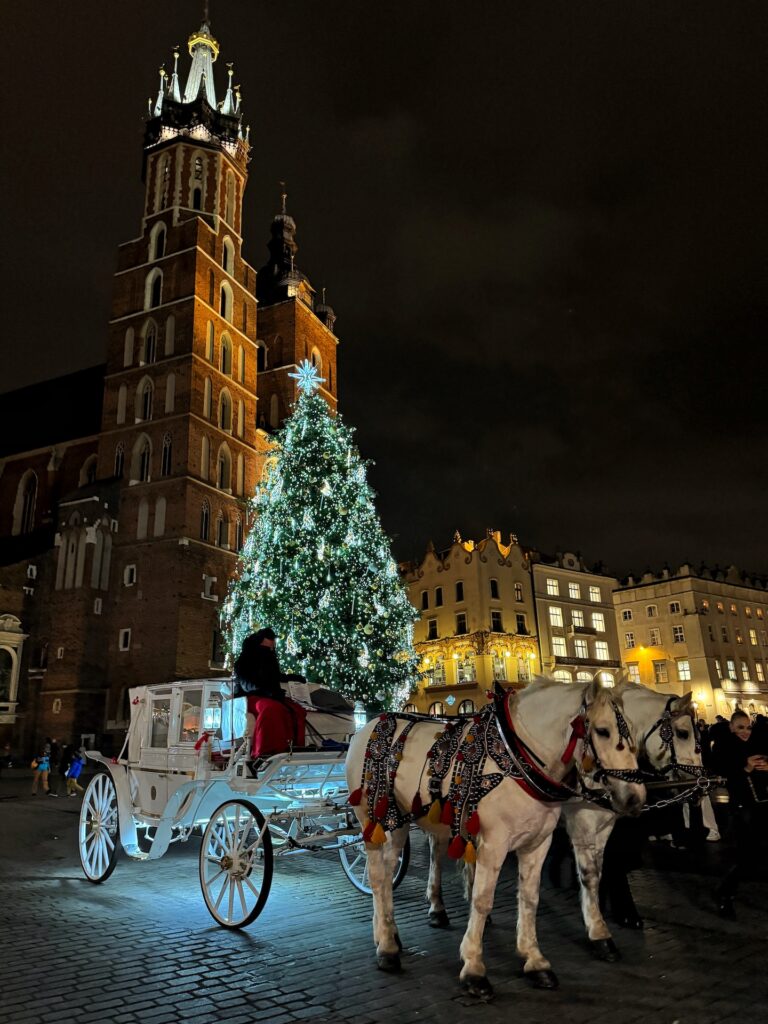
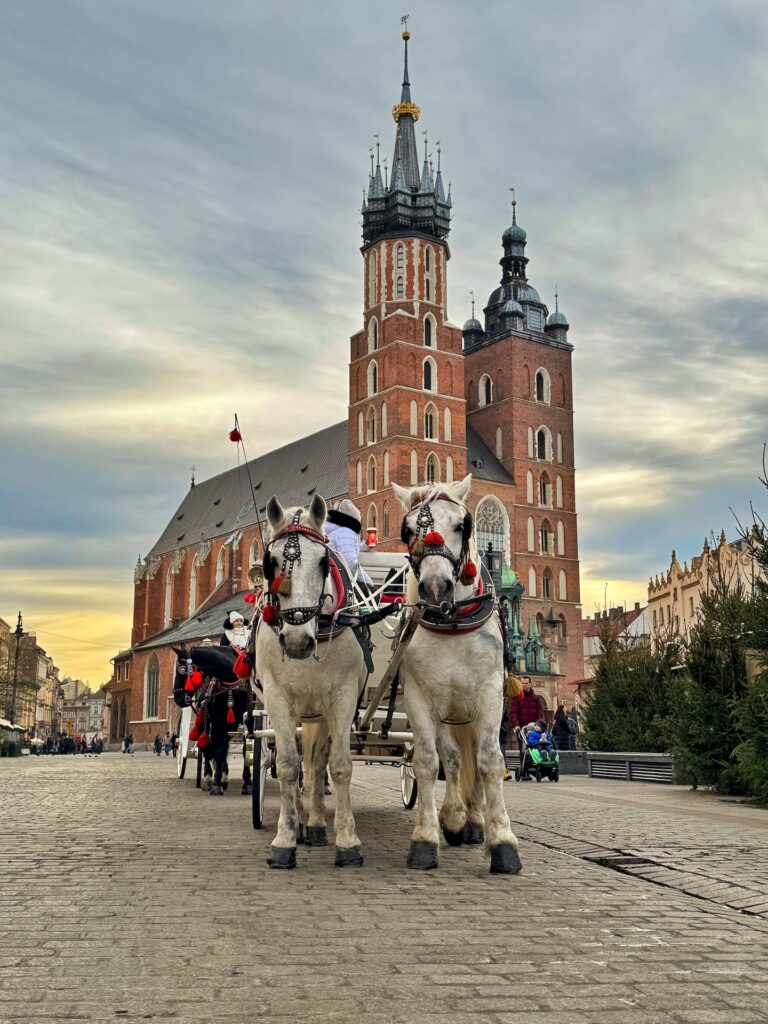
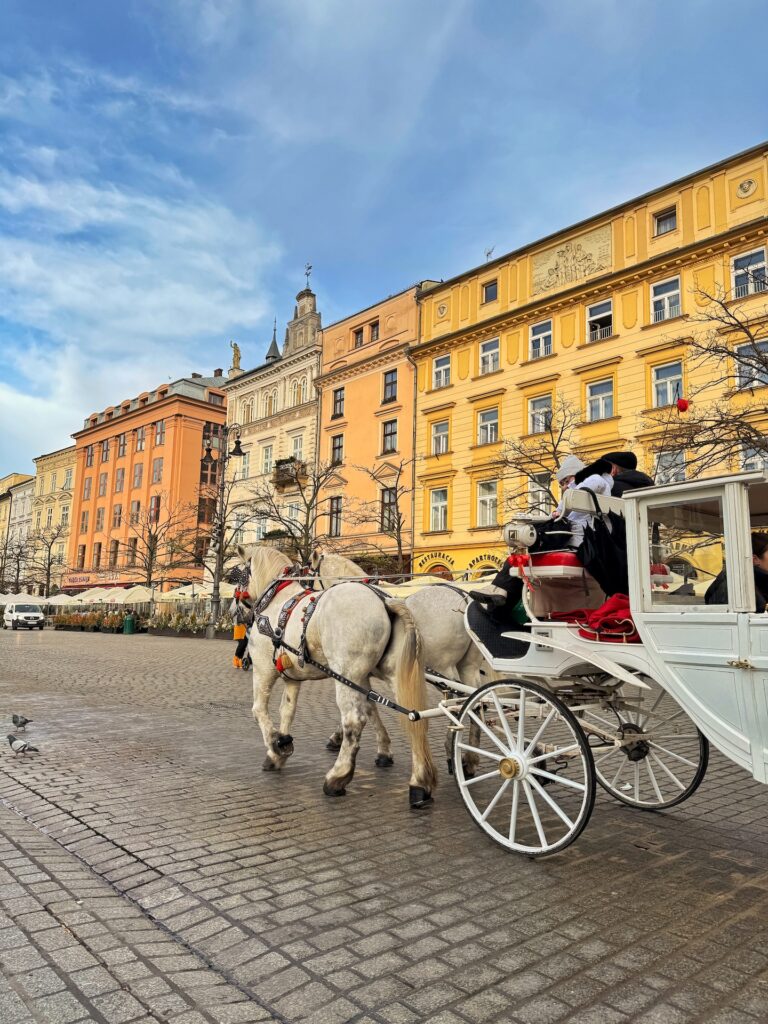
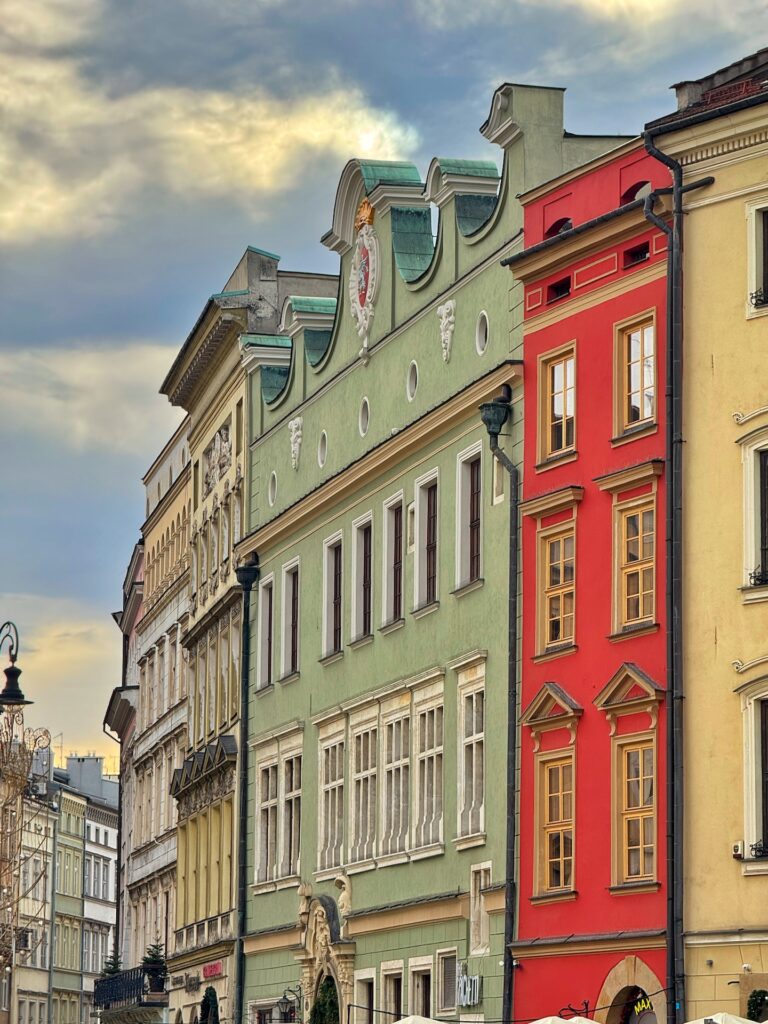
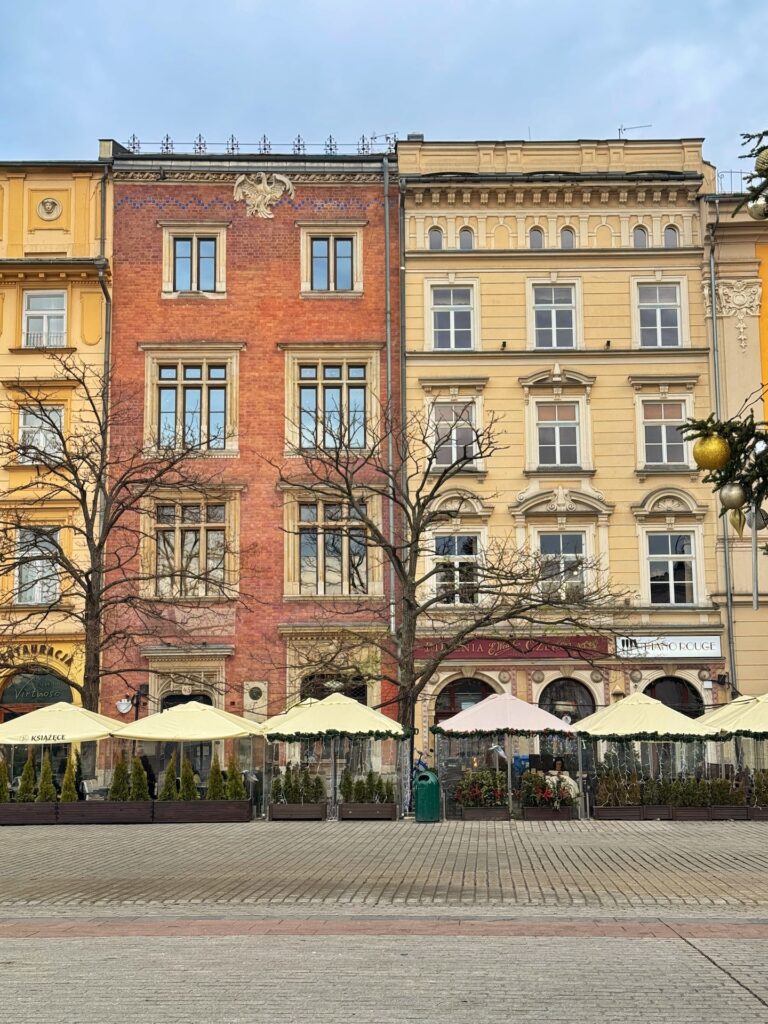
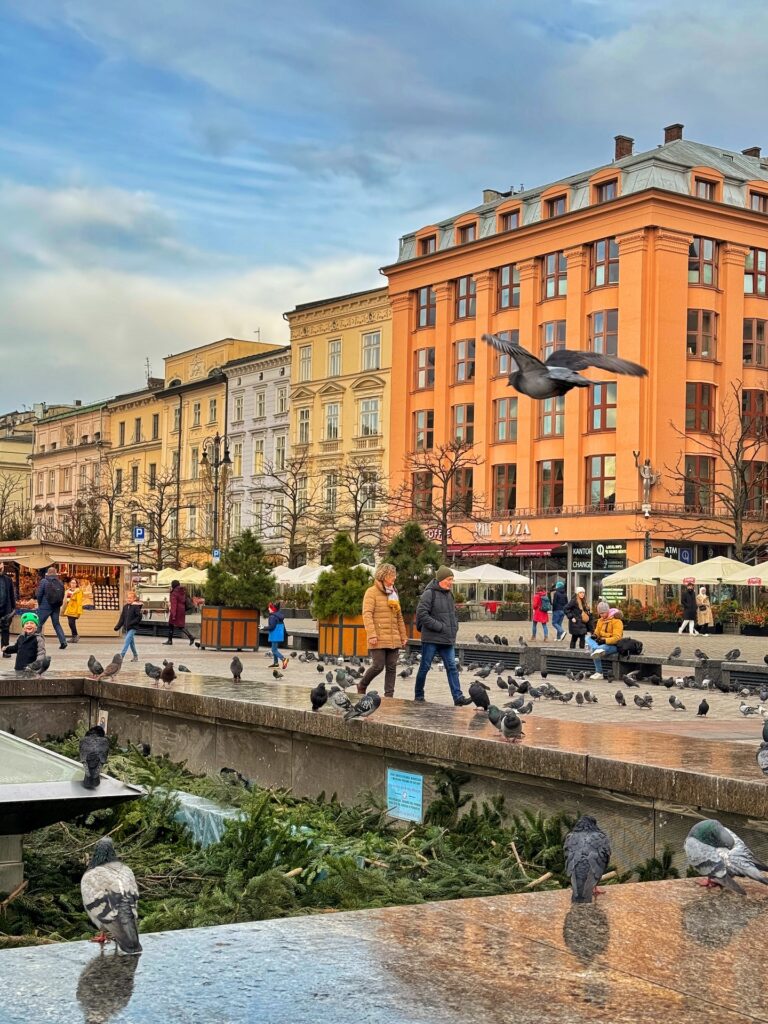
The Kraków Christmas market is a must-see attraction if you’re visiting the city during the holiday season. In 2024, these markets have once again transformed the historic Main Market Square into a winter wonderland, filled with festive lights, delicious food, and unique crafts. It runs until 1st January 2025.
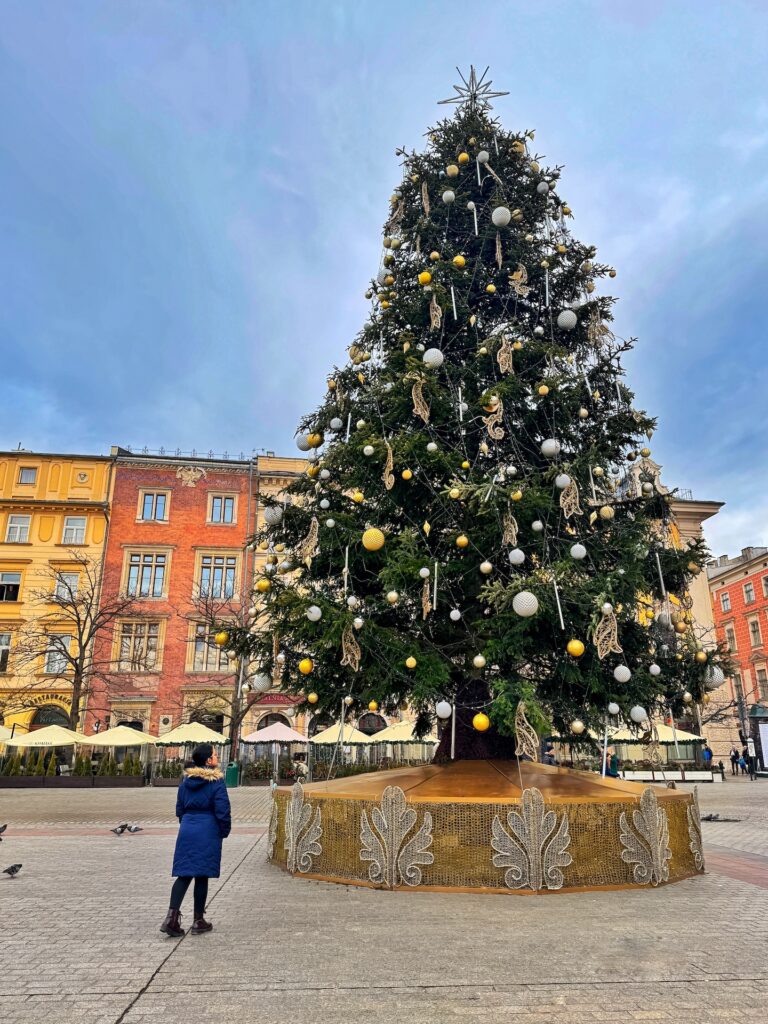
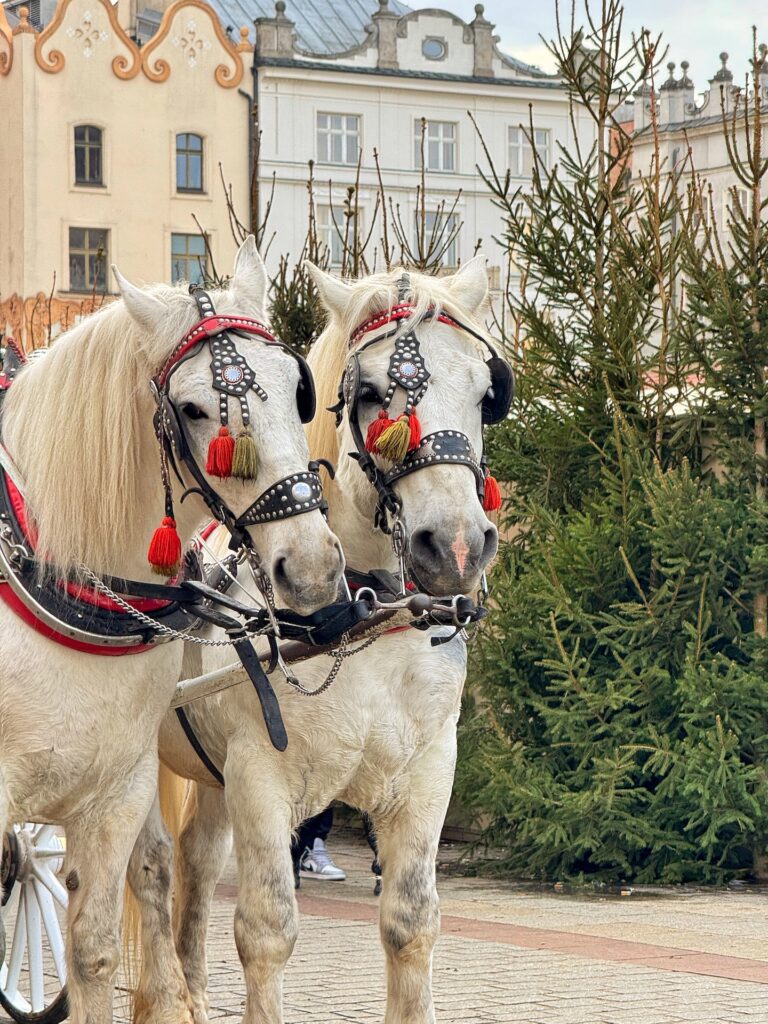
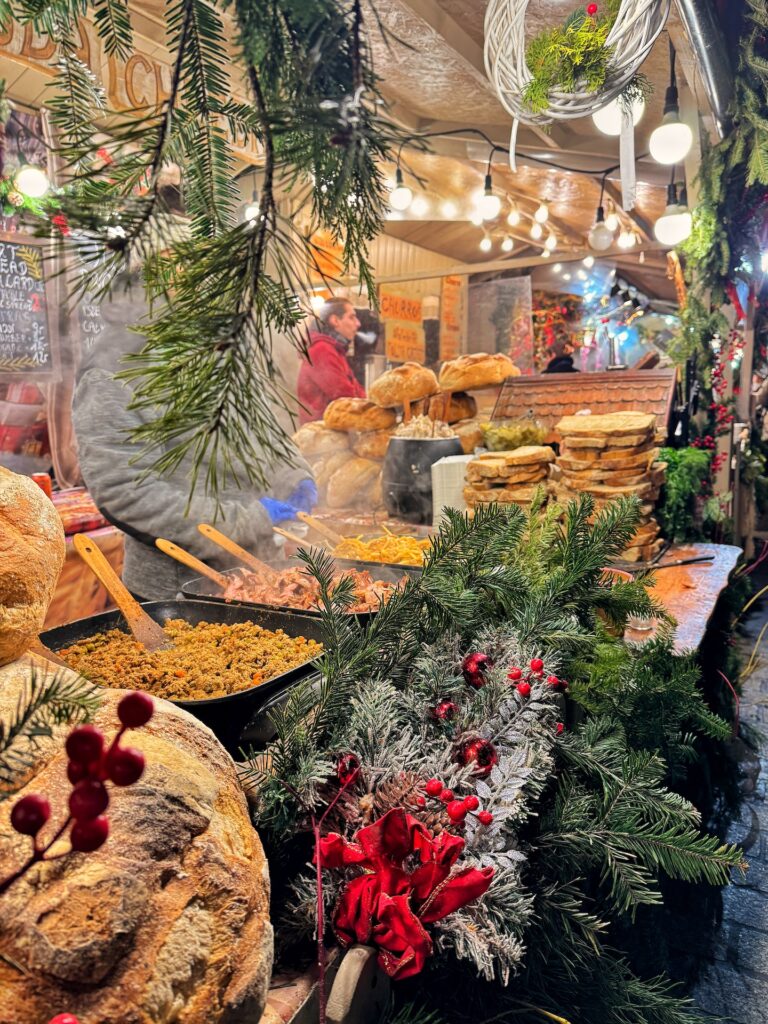
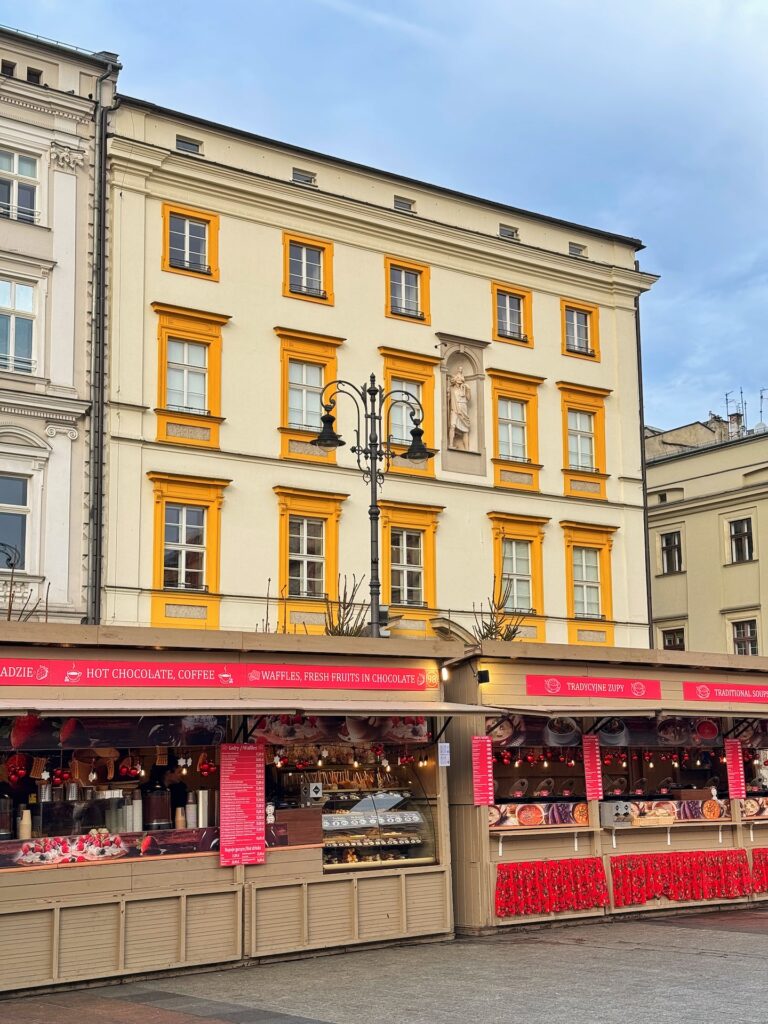
At the heart of Kraków’s Main Market Square stands the Renaissance Cloth Hall, a masterpiece of architectural elegance. Once a thriving hub for trade, it now houses artisan shops and museums, and is a symbol of Kraków’s rich commercial past and enduring cultural legacy.
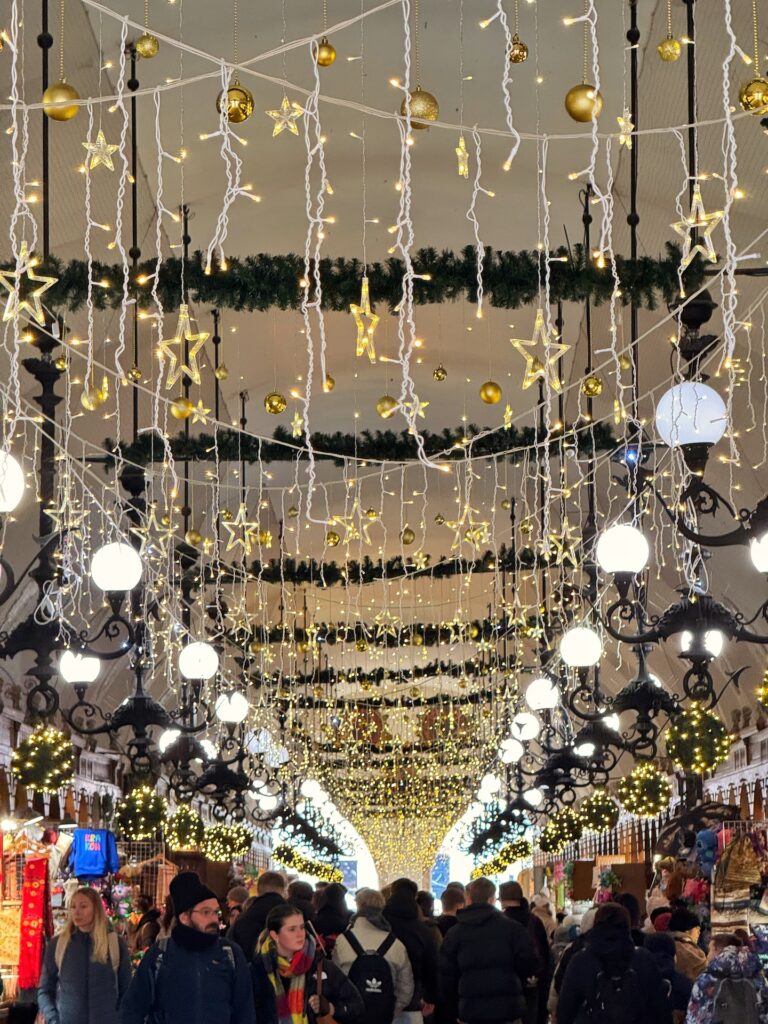
The Town Hall Tower is a striking reminder of Kraków’s medieval past. It offers panoramic views of the square and the city beyond. With its iconic clock and rich history, it’s a captivating symbol of Kraków’s evolving story through the ages.
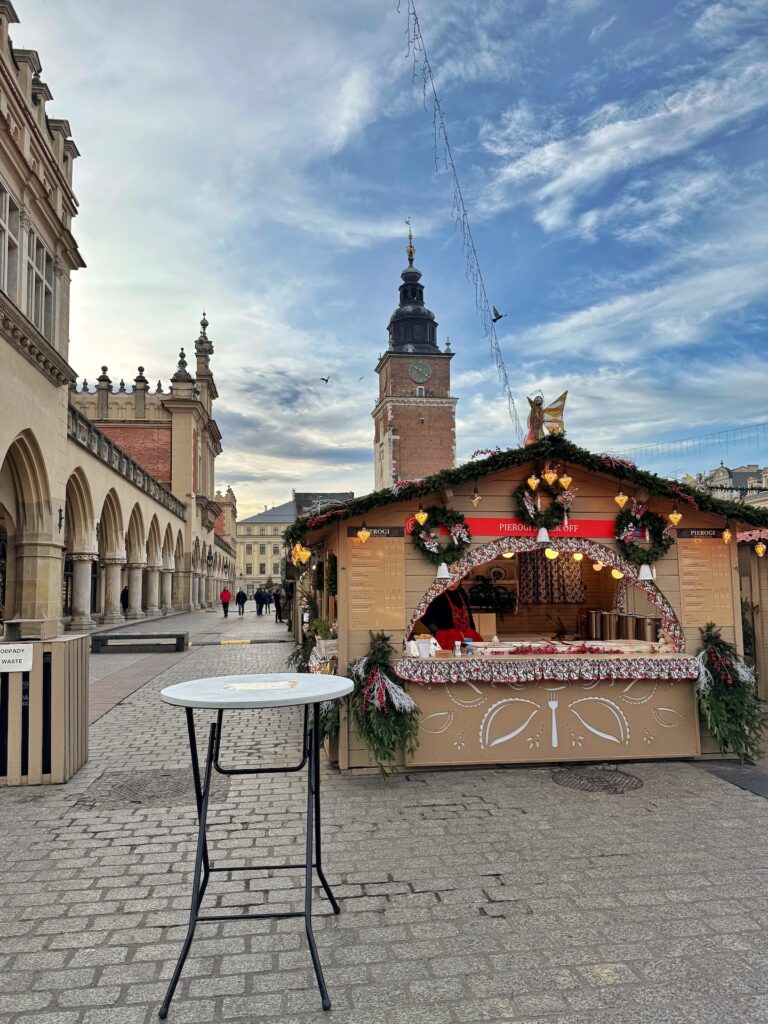
Famously known as Kraków’s most famous building, St. Mary’s Basilica is a stunning example of Gothic architecture and a symbol of the city’s spiritual and cultural heart. The sound of the trumpet call (Hejnal Mariacki), played every hour from the higher tower, echoes across the square, a timeless tradition that connects the past with the present.
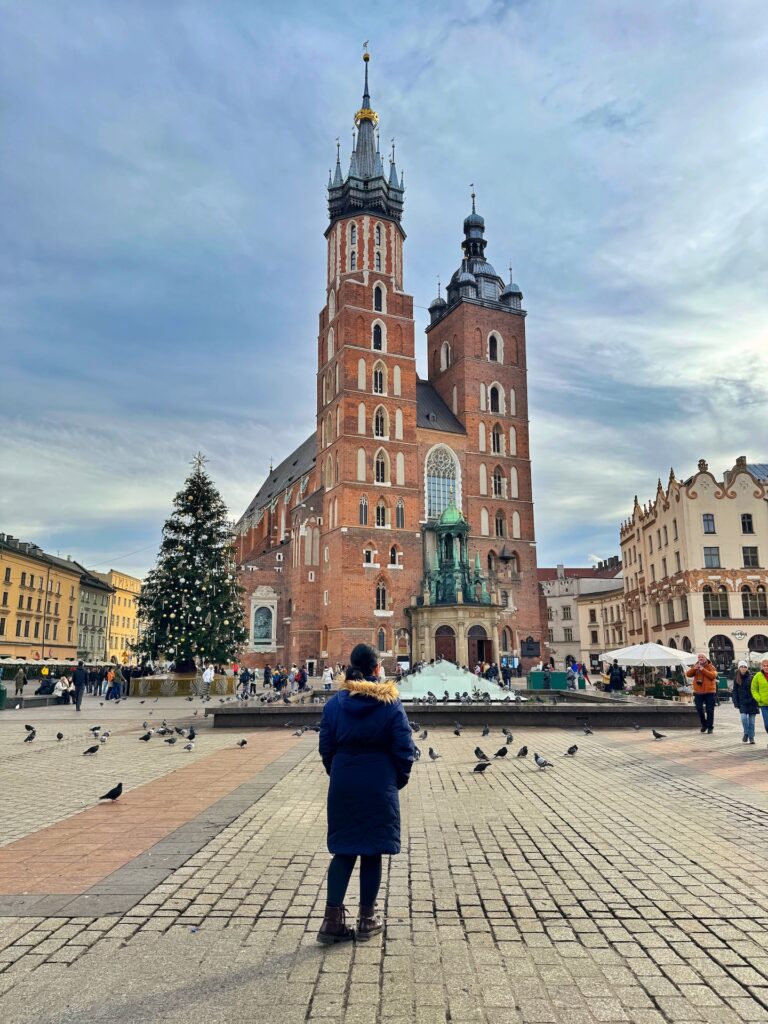
Floriańska Street is the perfect blend of Kraków’s past and present—a bustling, picturesque thoroughfare that leads from the iconic St. Florian’s Gate to the heart of the Main Market Square. Lined with charming cafés, vibrant shops, and historical buildings, this cobblestone street is a vibrant mix of old-world charm and modern energy.
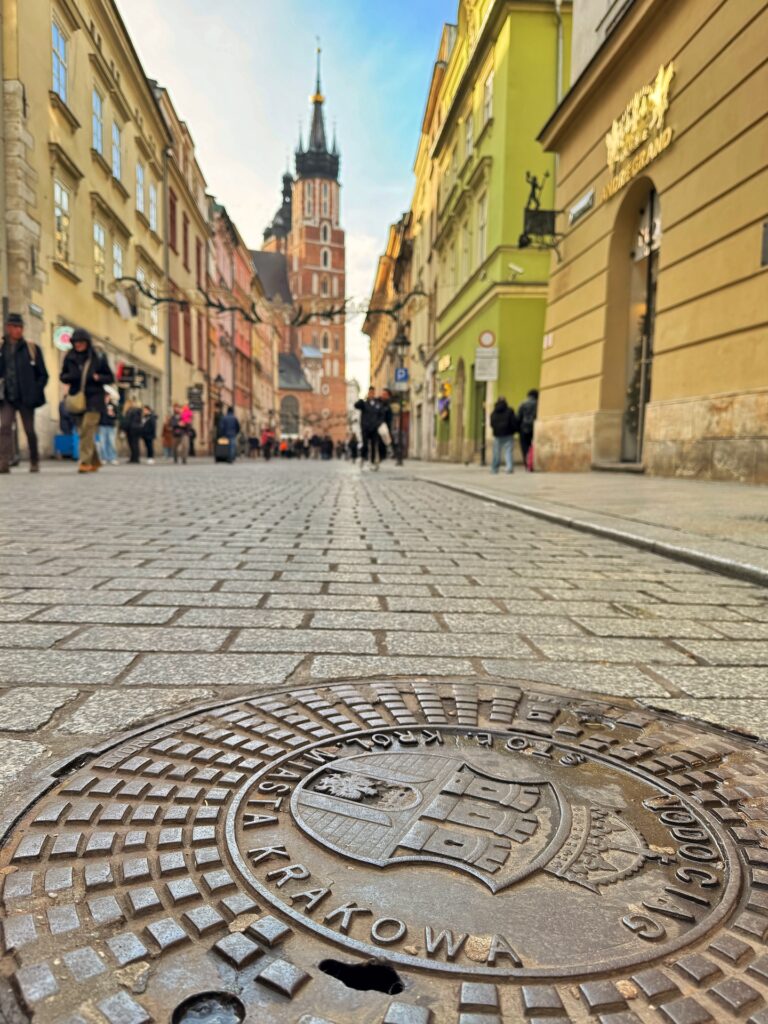
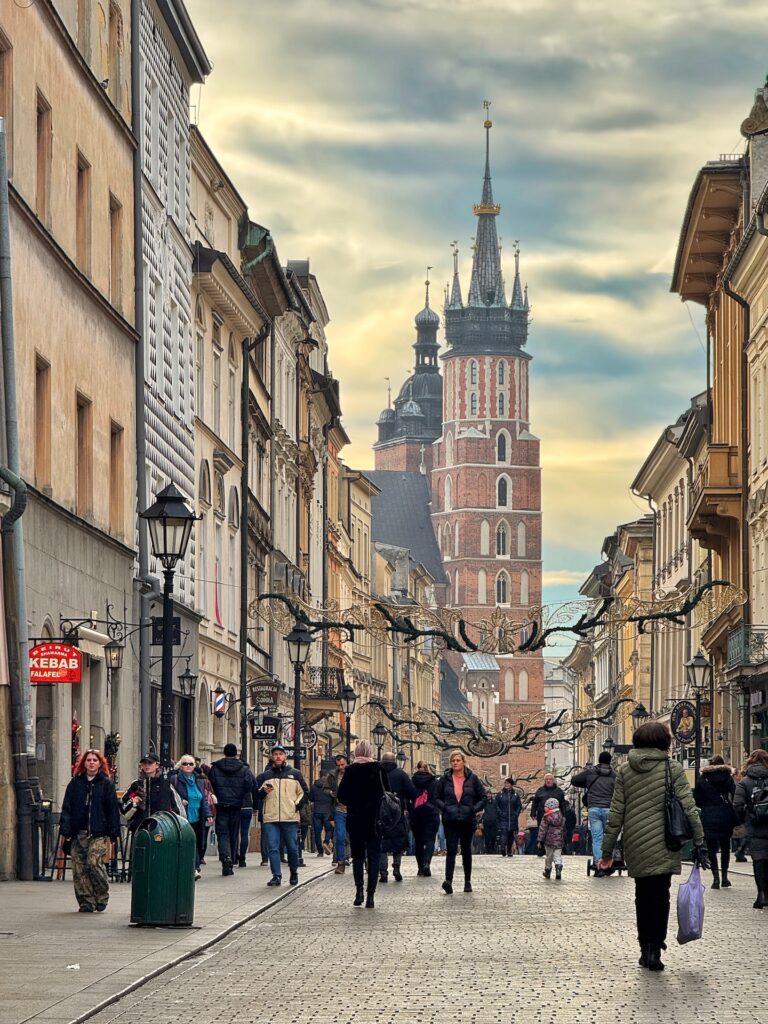
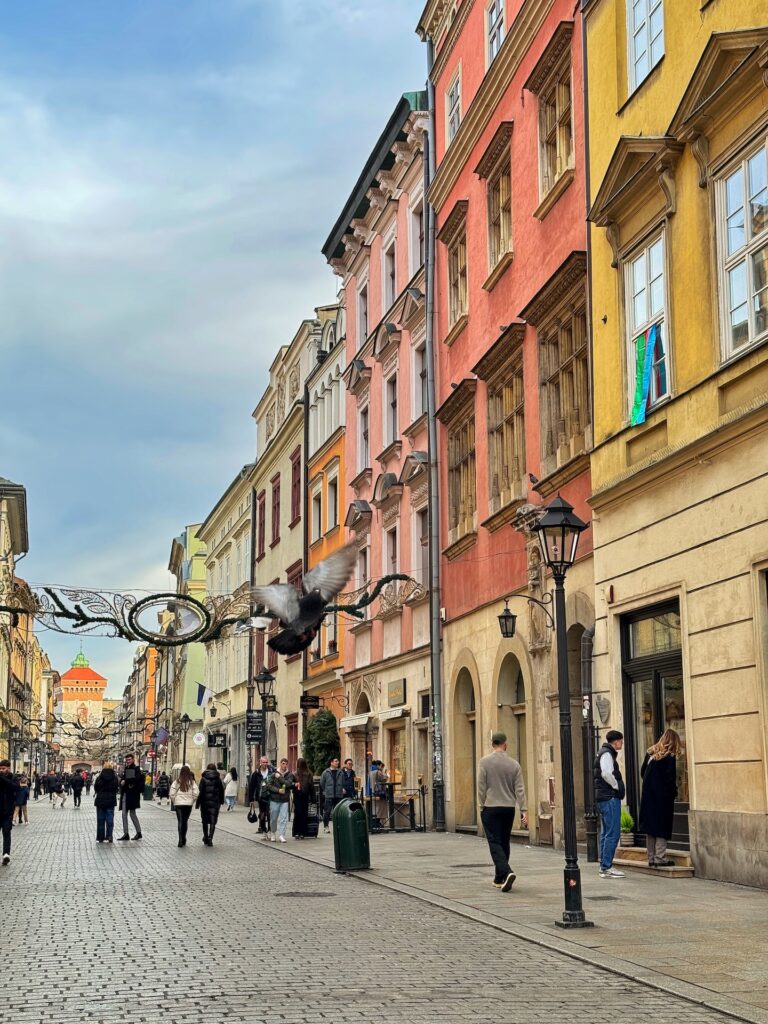
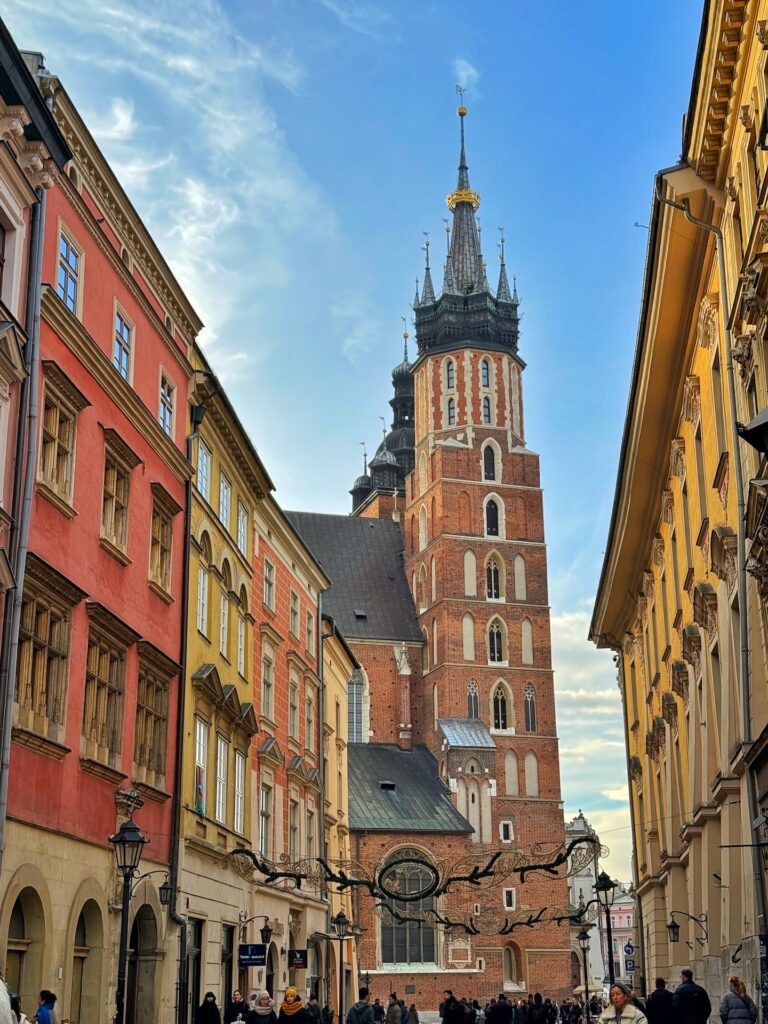
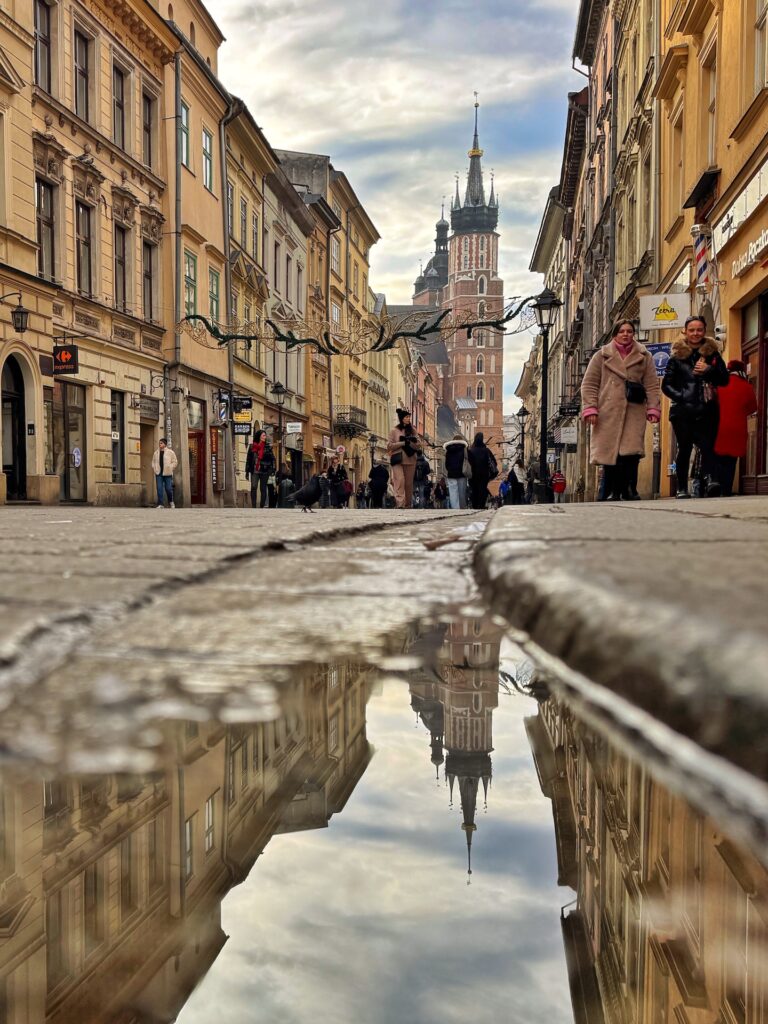
St. Florian’s Gate stands as a majestic gateway to Kraków’s Old Town, a powerful symbol of the city’s medieval defenses. Built in the 14th century, this Gothic tower once marked the northern entrance to the city, offering protection from invaders. Today, it’s a striking landmark, with its intricate design and iconic red brick façade.
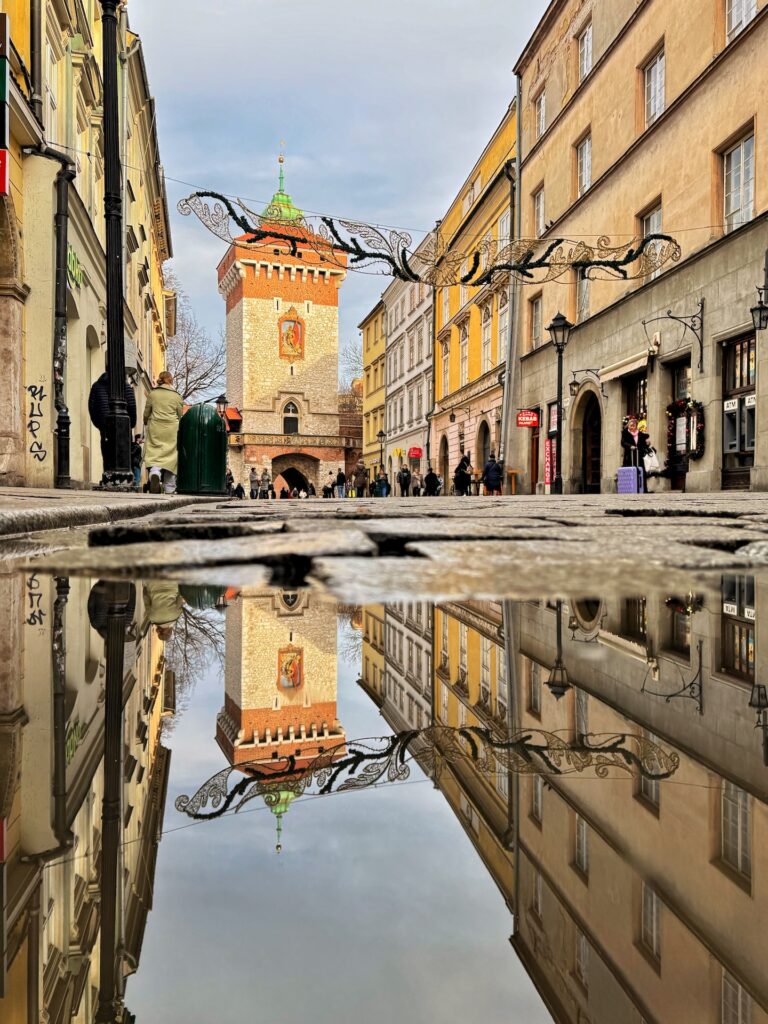
Wawel Castle, perched majestically above the Vistula River, is the crown jewel of Kraków, a symbol of Poland’s royal history and cultural heritage. With its impressive blend of Gothic, Renaissance, and Baroque architecture, the castle has been home to kings, queens, and legends for over a thousand years. It also provides beautiful panoramic views of the city…
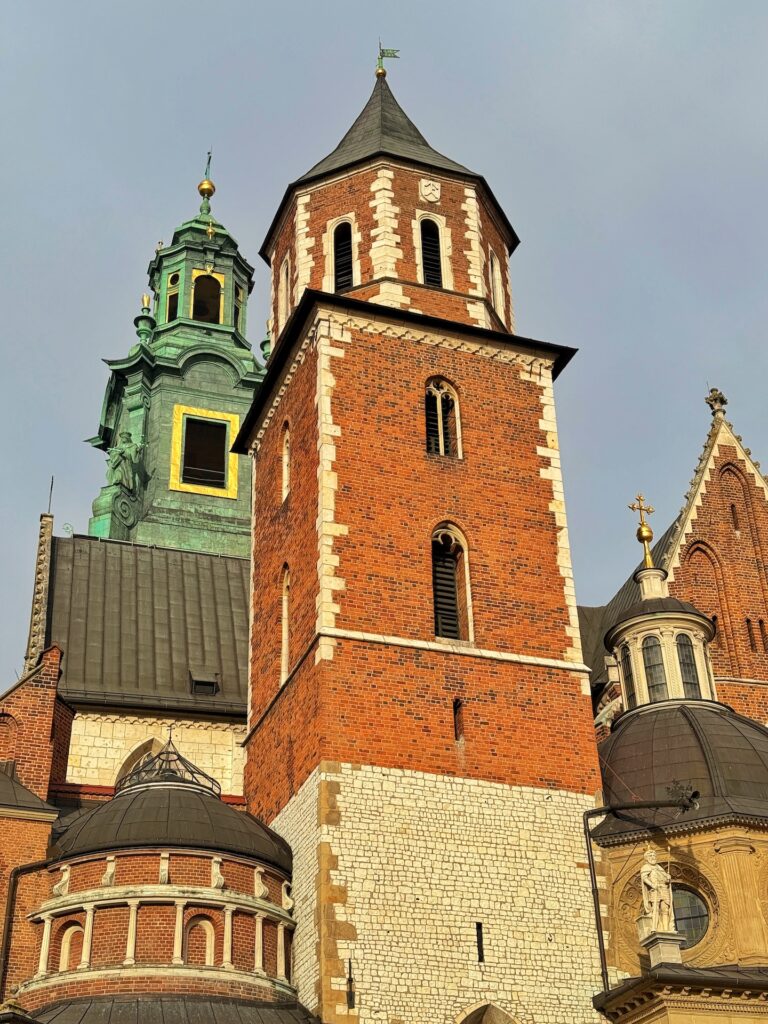
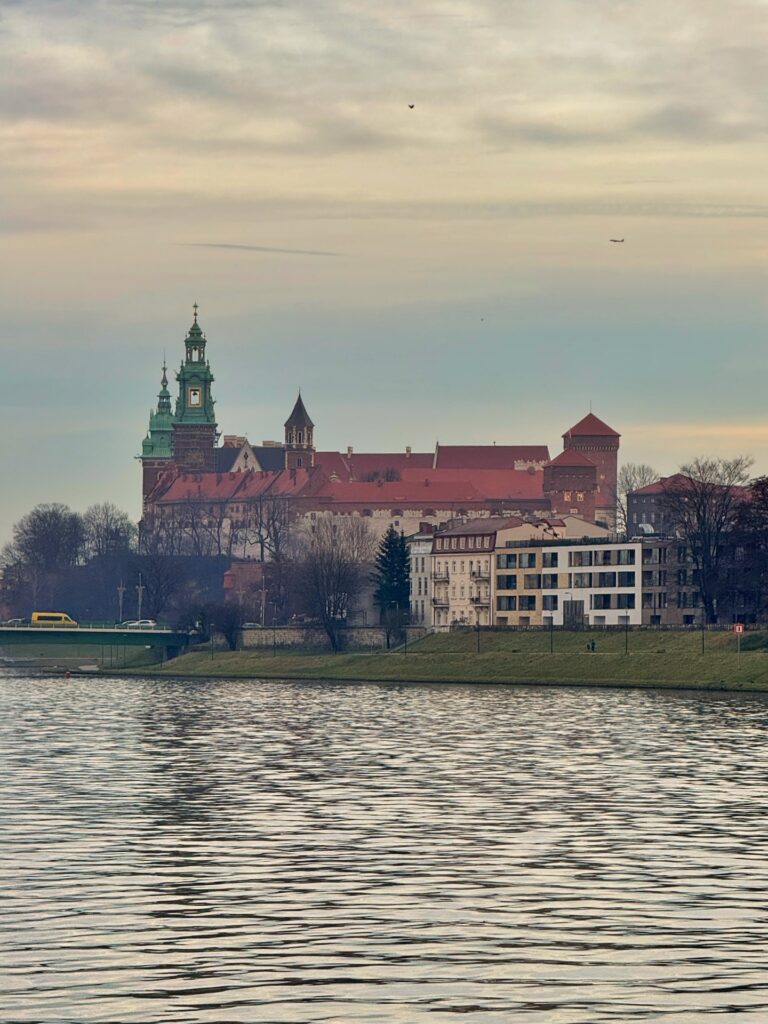
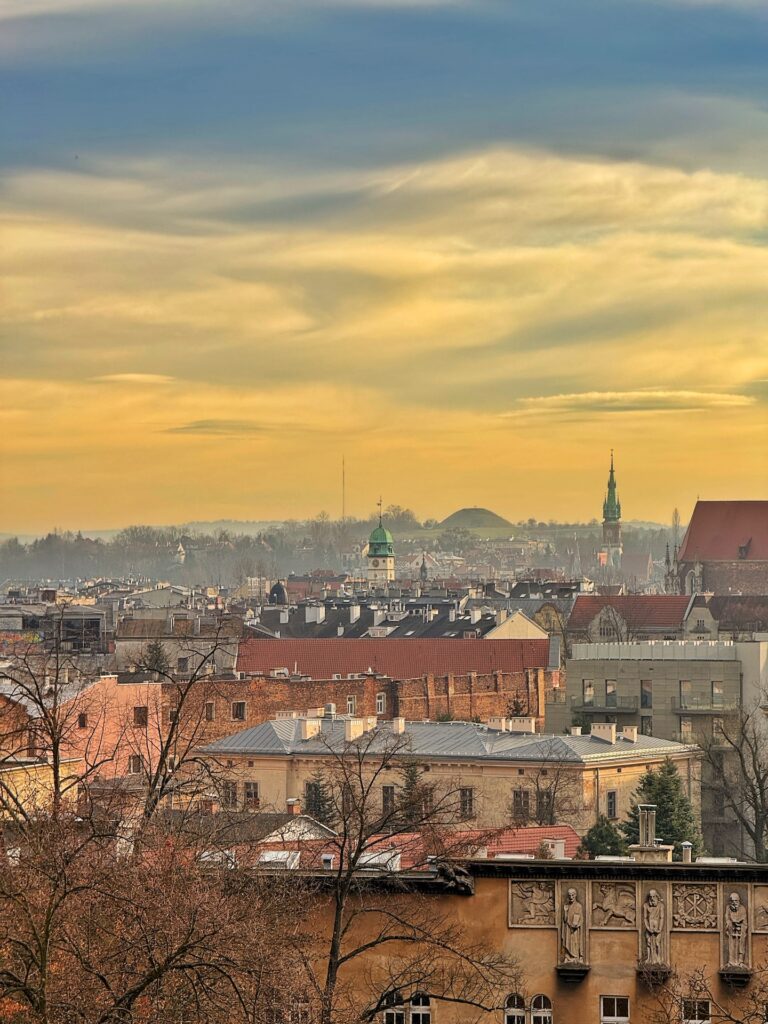
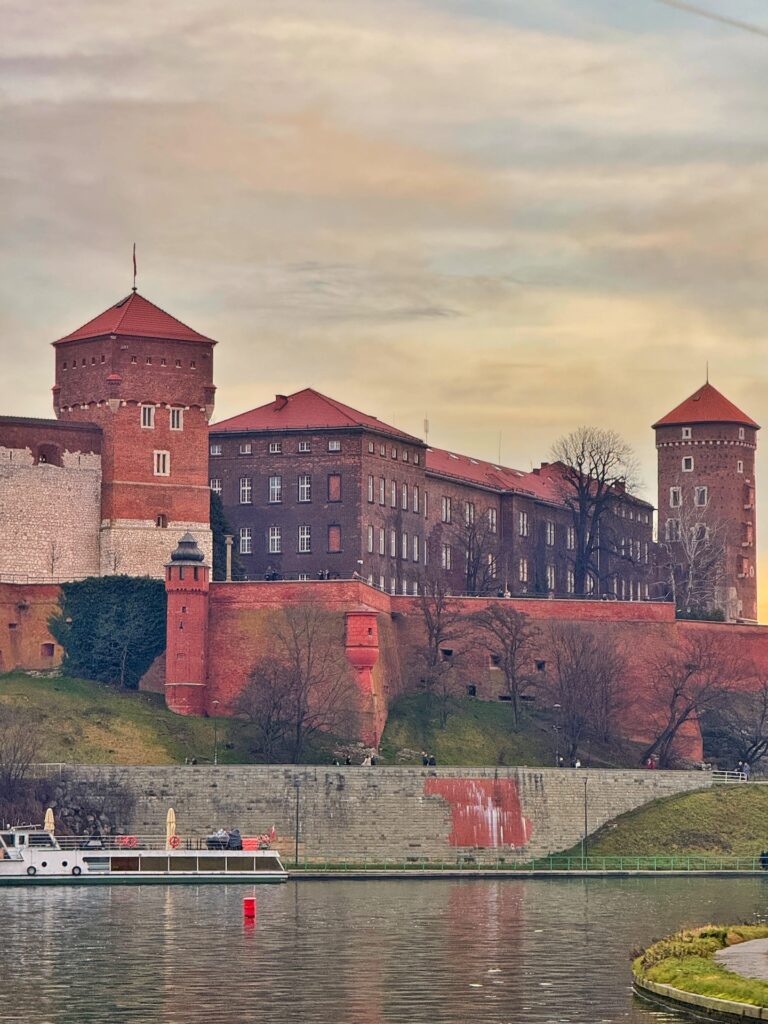
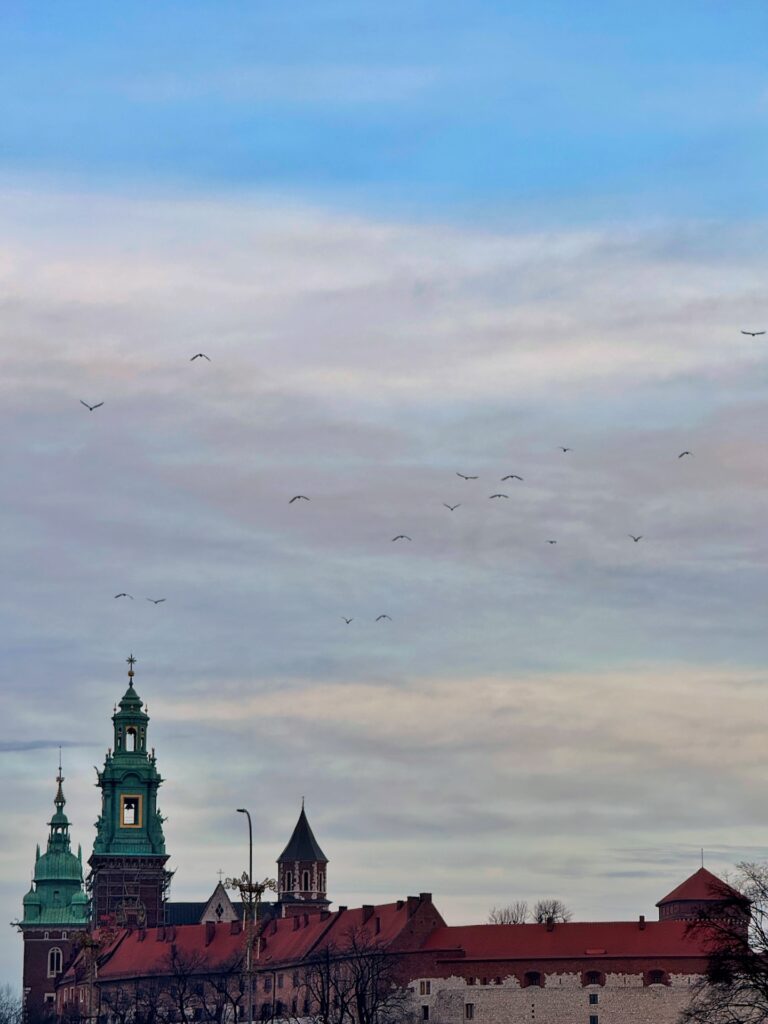
Set sail on the Vistula River for a unique perspective of Kraków’s breathtaking beauty. A river cruise offers a serene journey past the historic Wawel Castle, the bustling riverbanks, and stunning views of the city’s skyline. Whether you’re gliding under the bridges or soaking in the sunset over the water, a Vistula River cruise is the perfect way to experience Kraków from a peaceful, picturesque angle.
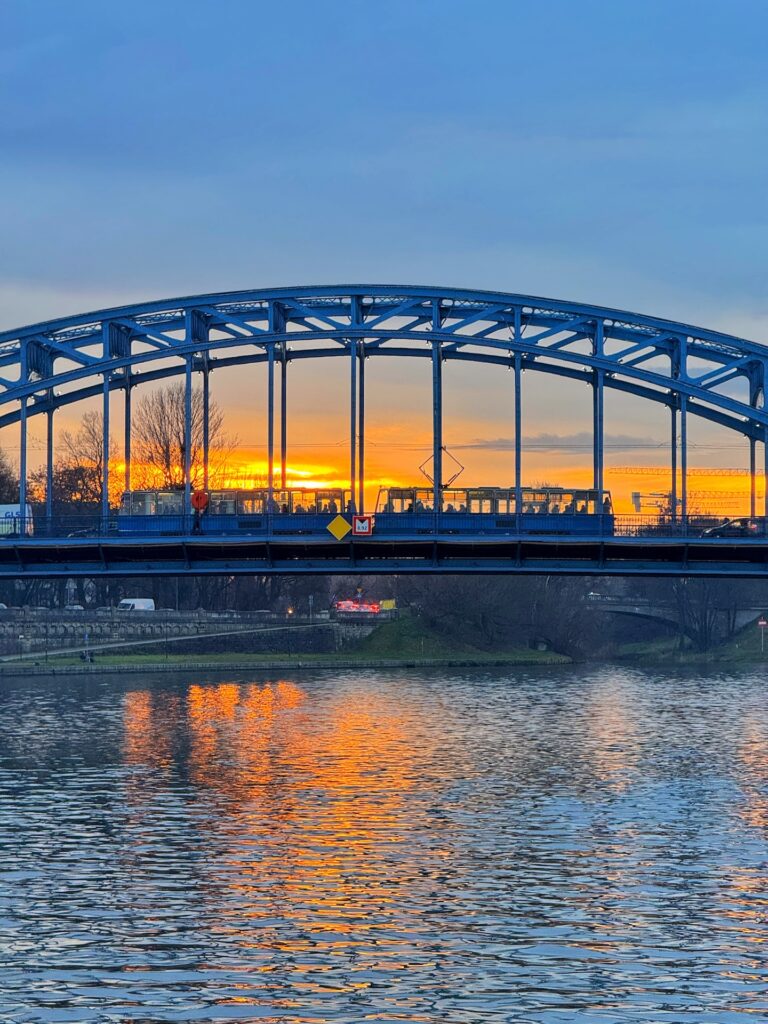
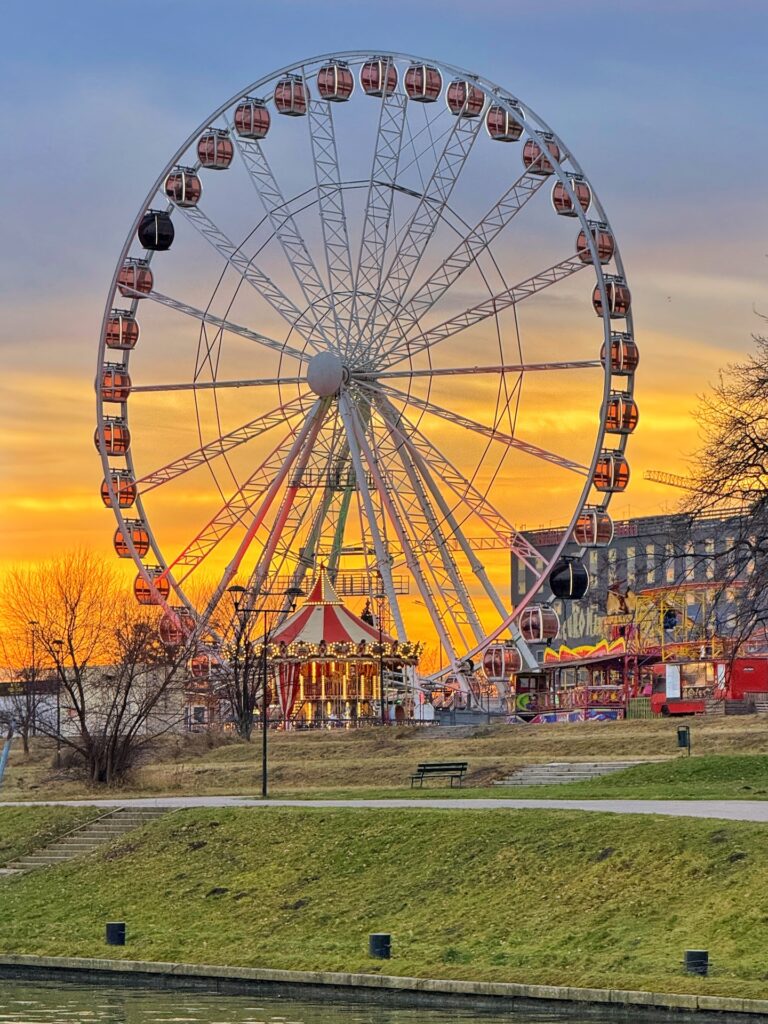

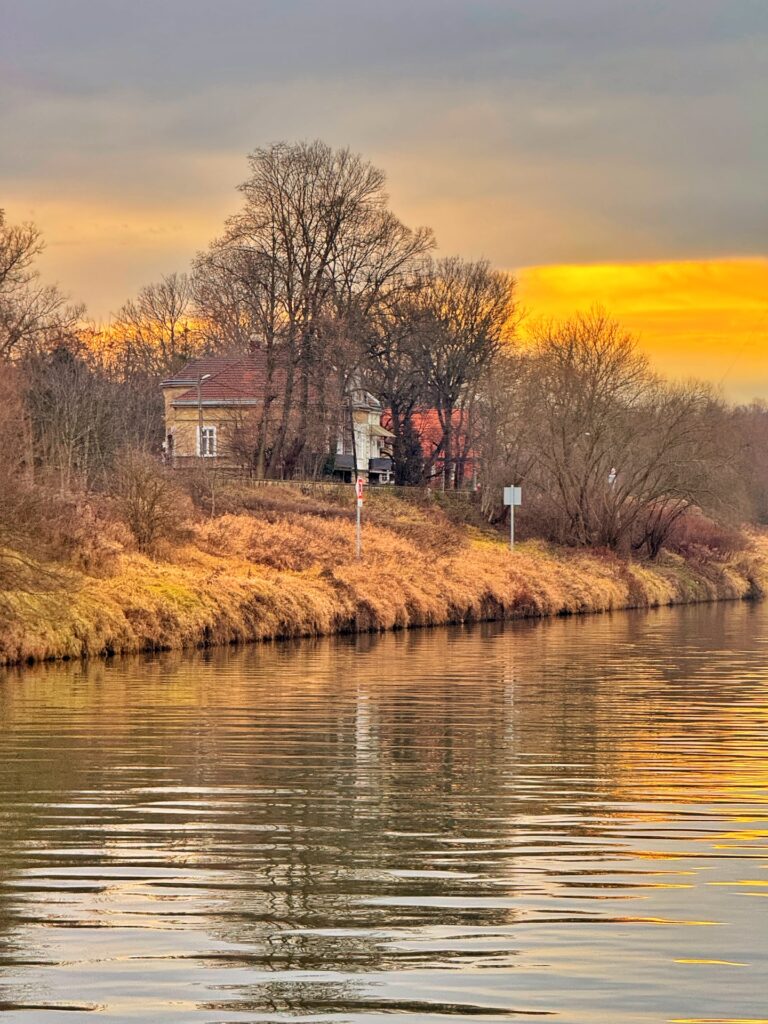
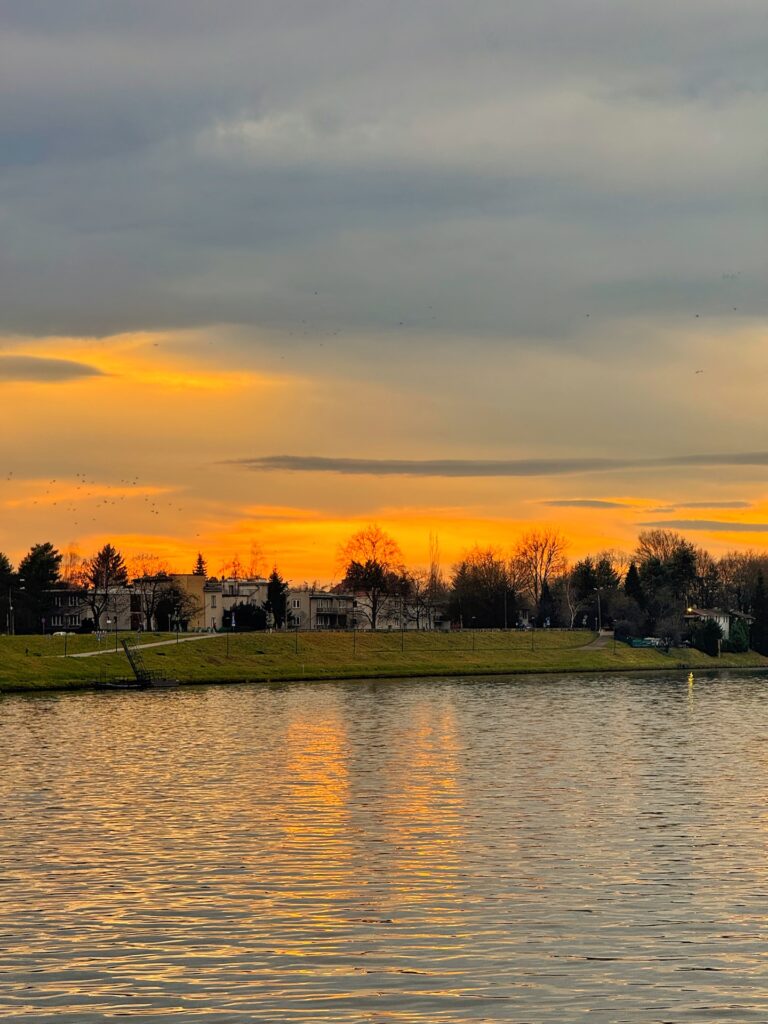
Discover the elusive genius of street art at the Banksy Museum in Kraków, where the rebellious spirit of one of the world’s most famous anonymous artists comes to life. From iconic stencils to thought-provoking pieces, this museum brings together a stunning collection of Banksy’s works, exploring themes of social commentary, politics, and human nature.

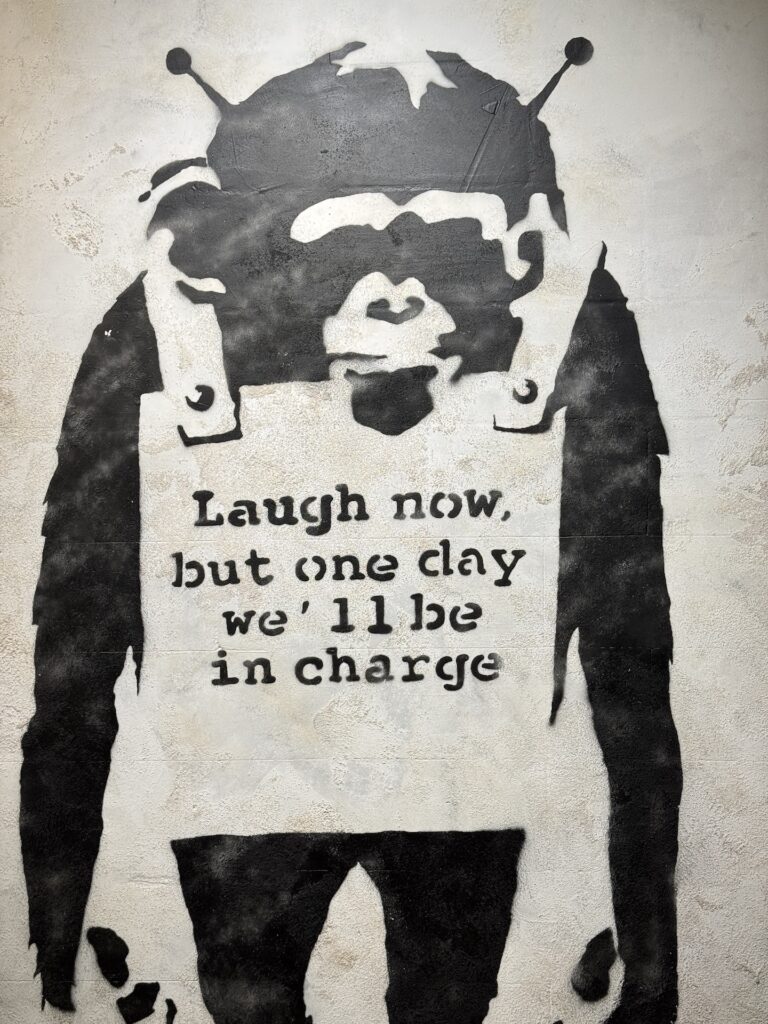
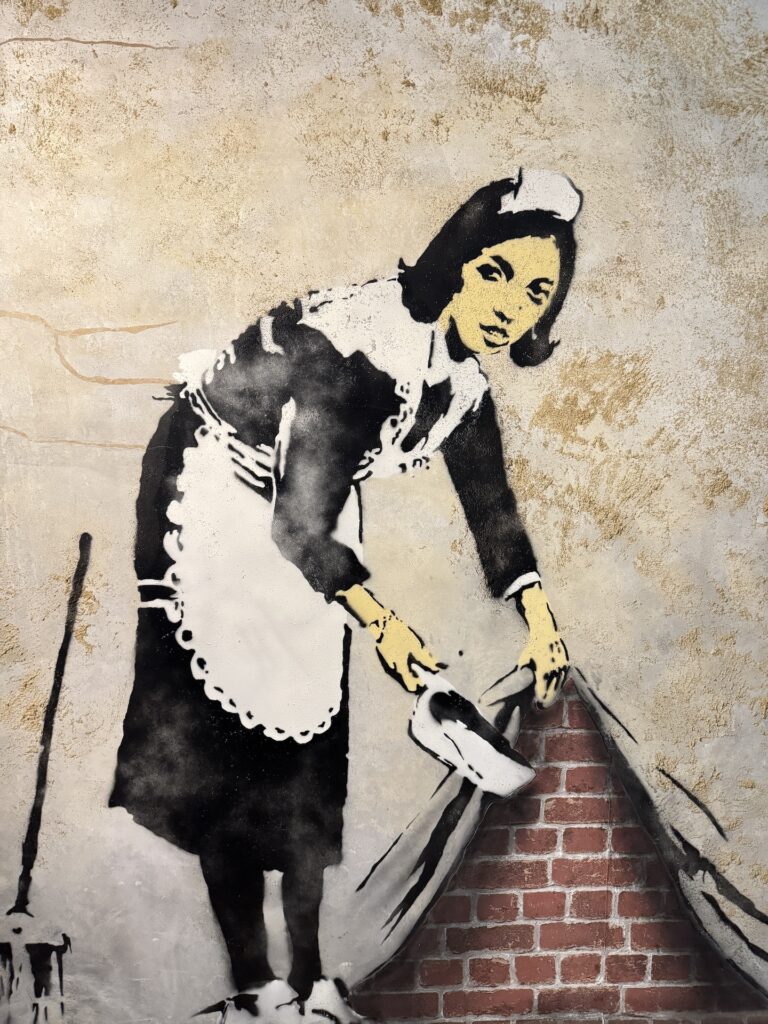
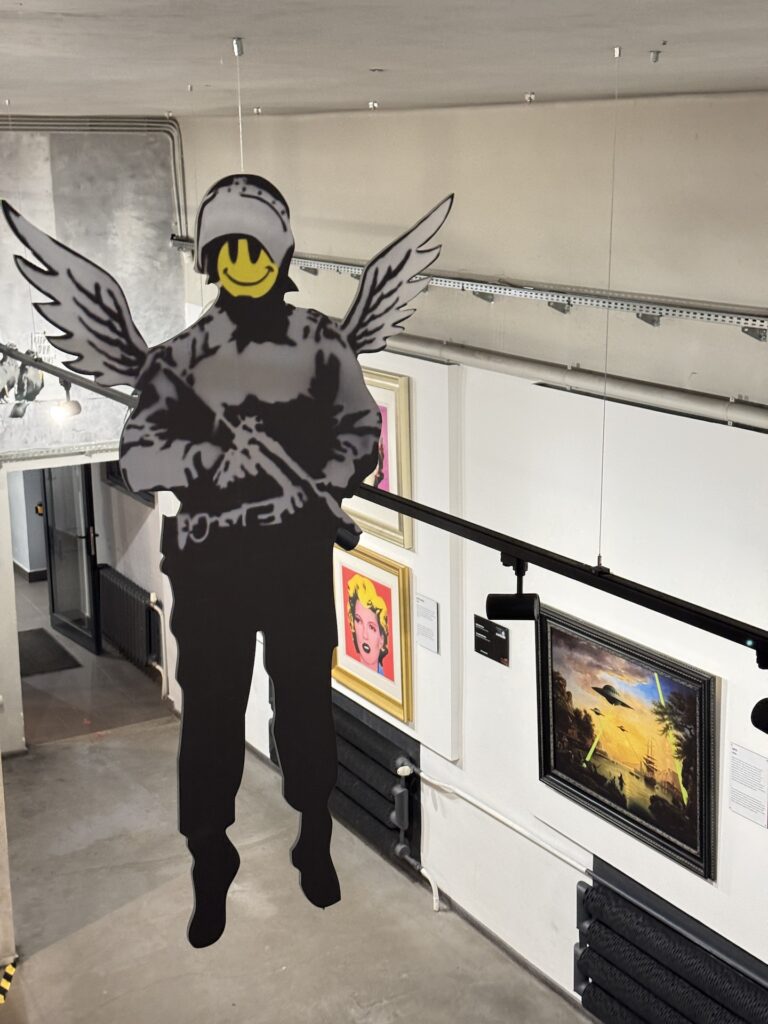
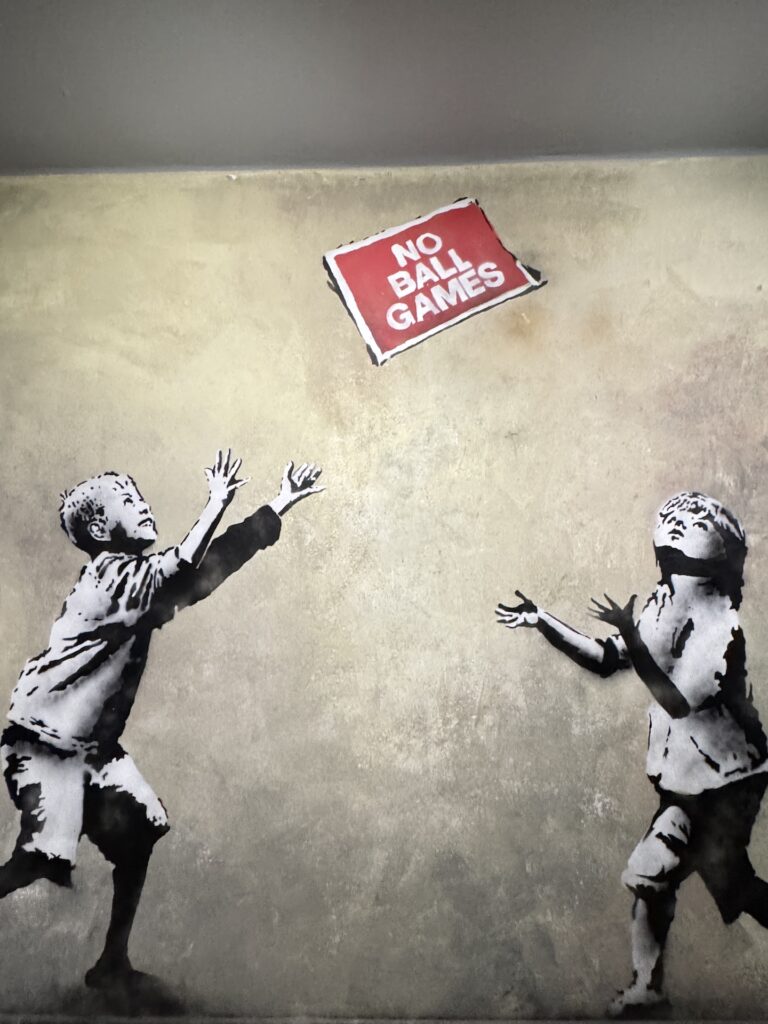
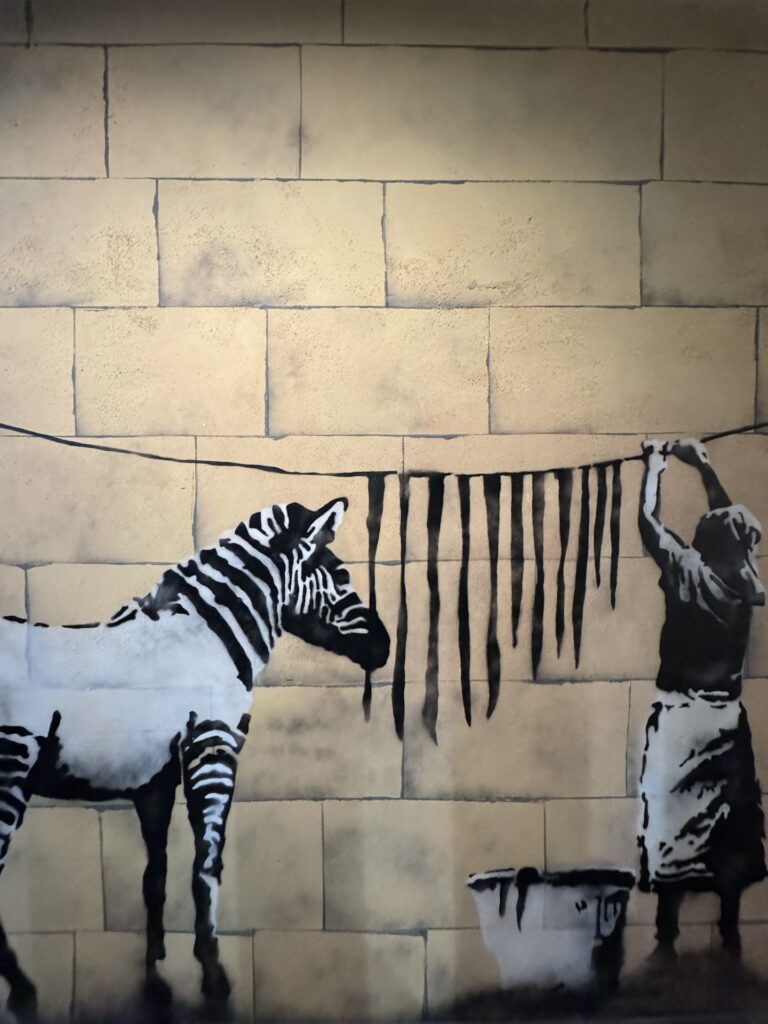


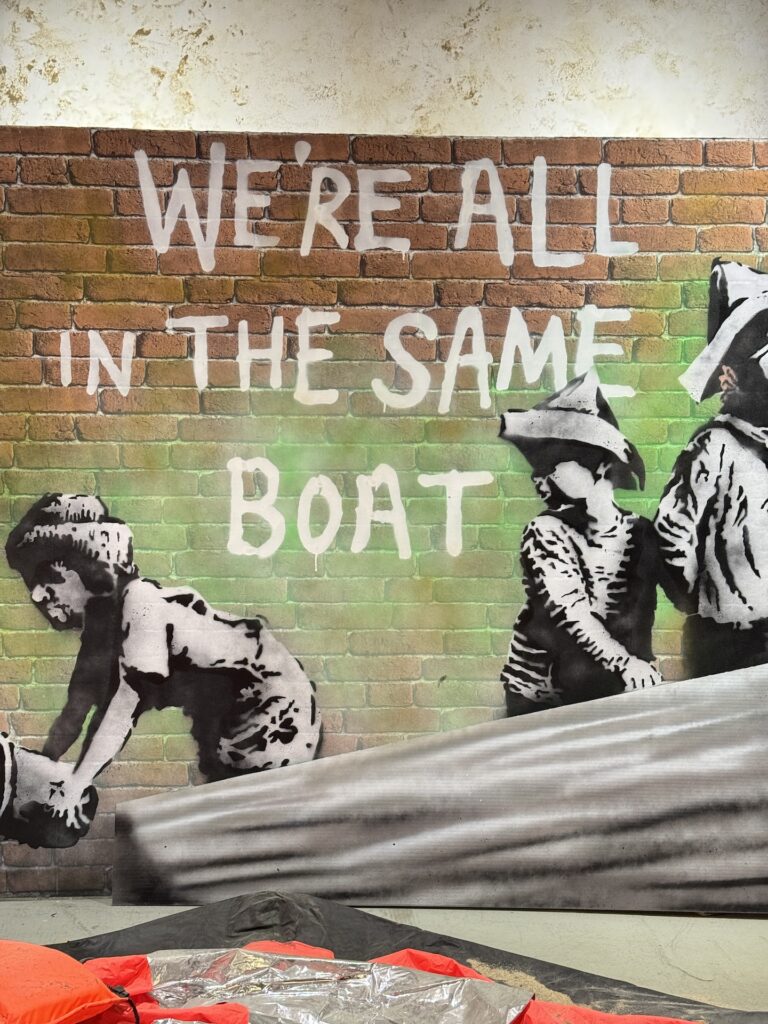
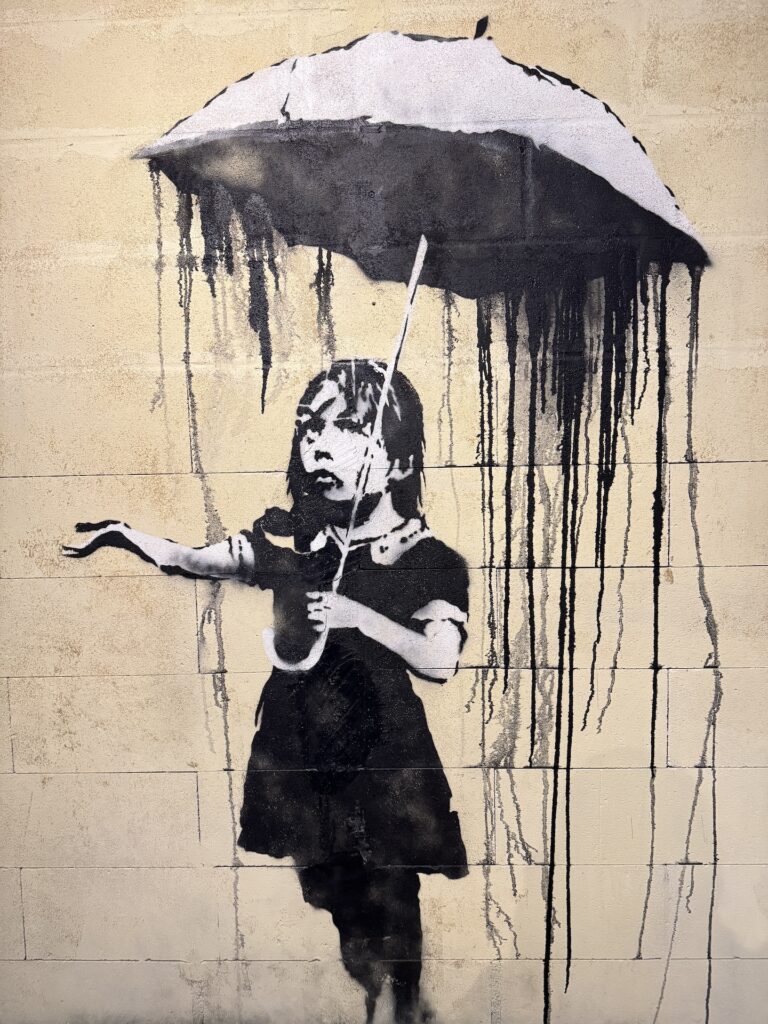
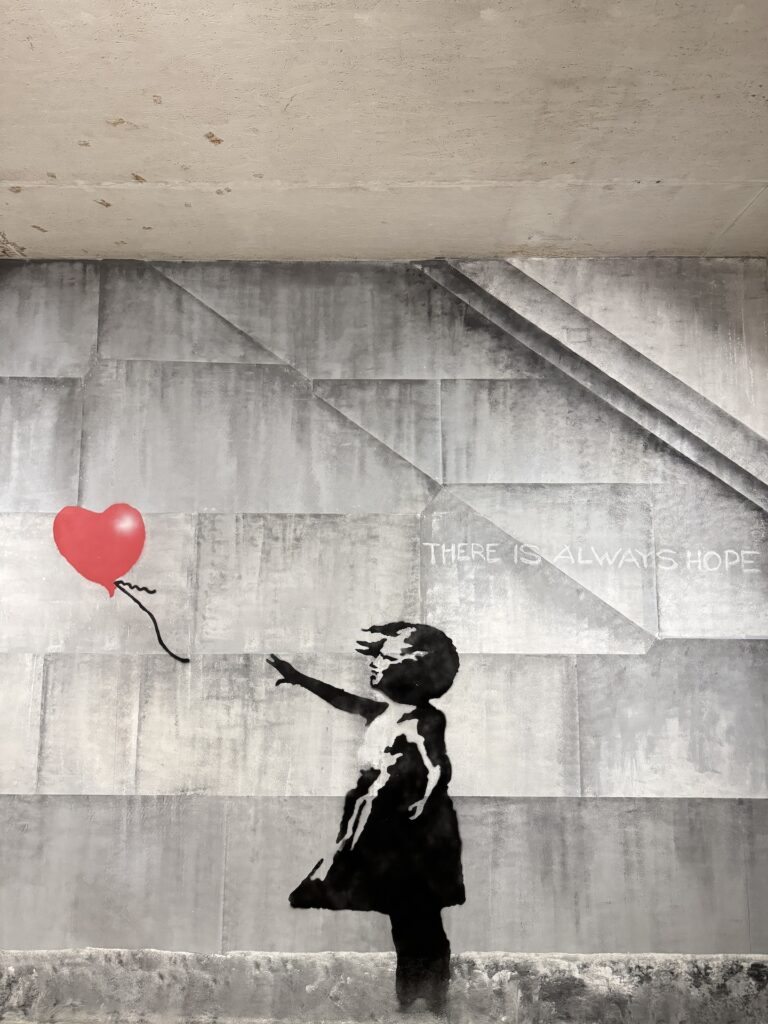
Stepping through the streets of Kazimierz, where centuries of Jewish history, vibrant culture, and stunning architecture blend. Once the heart of Kraków’s Jewish community, this historic district is home to ancient synagogues, quirky shops and, graffiti, neglected buildings and beautiful streets.
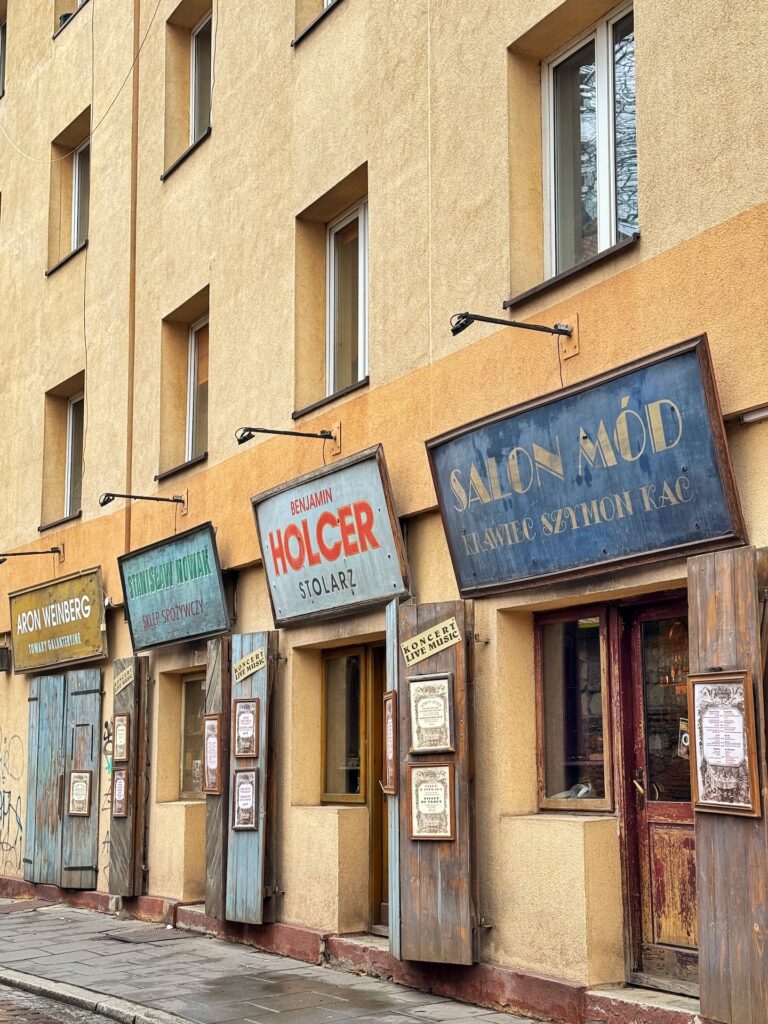
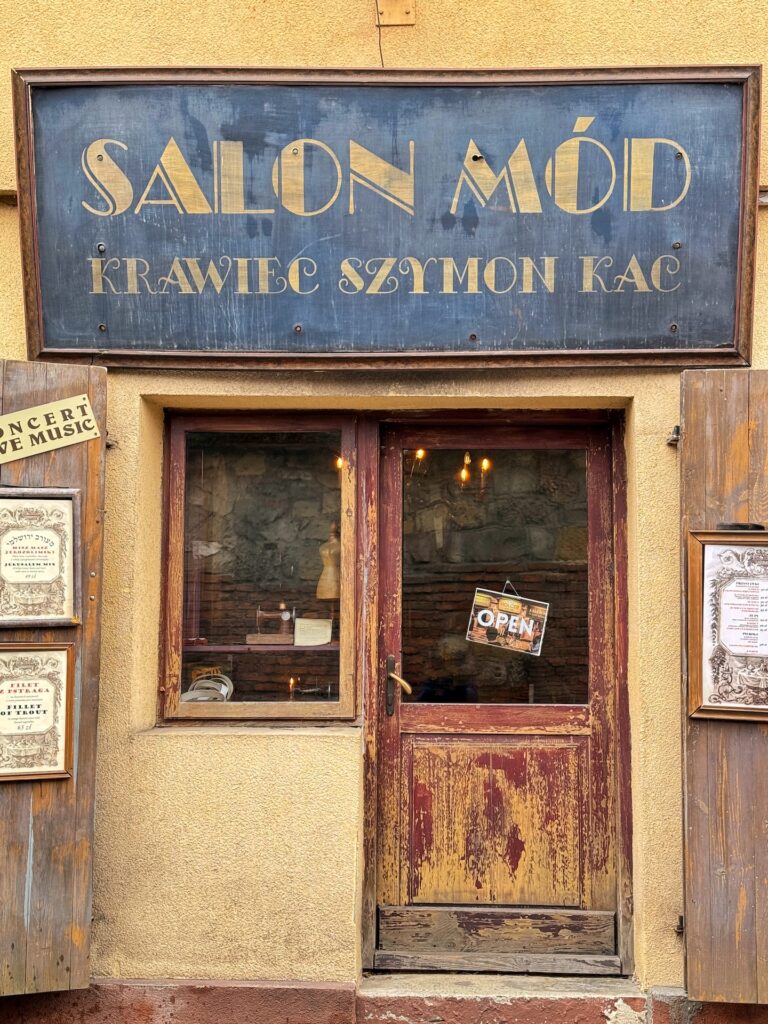
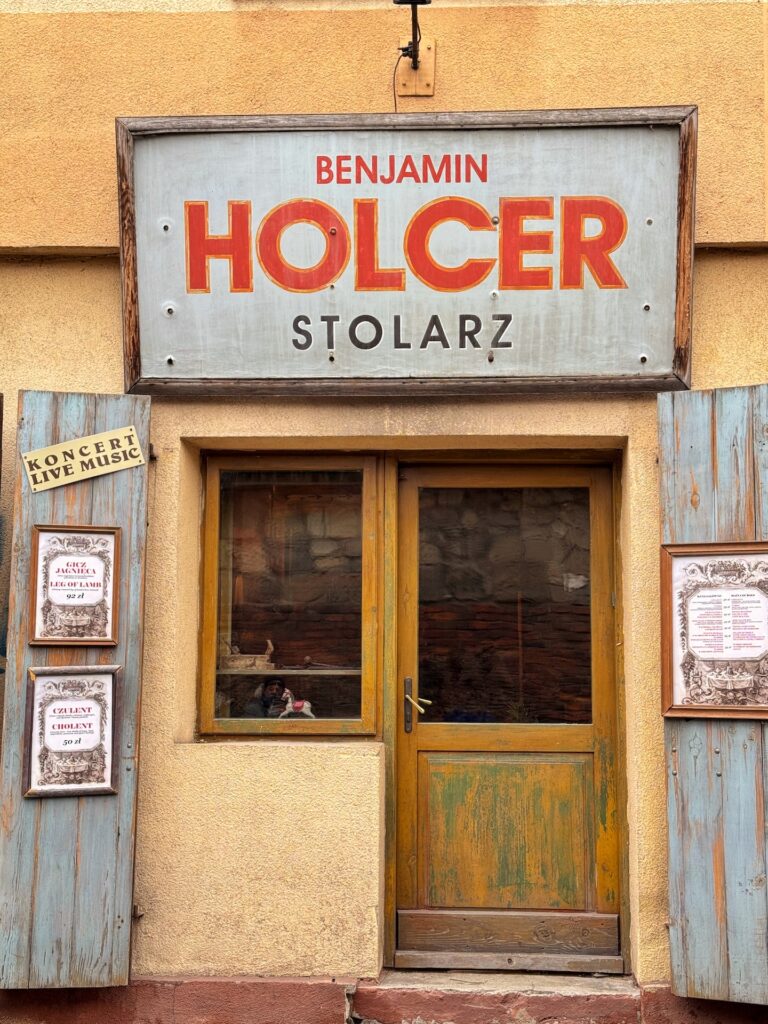
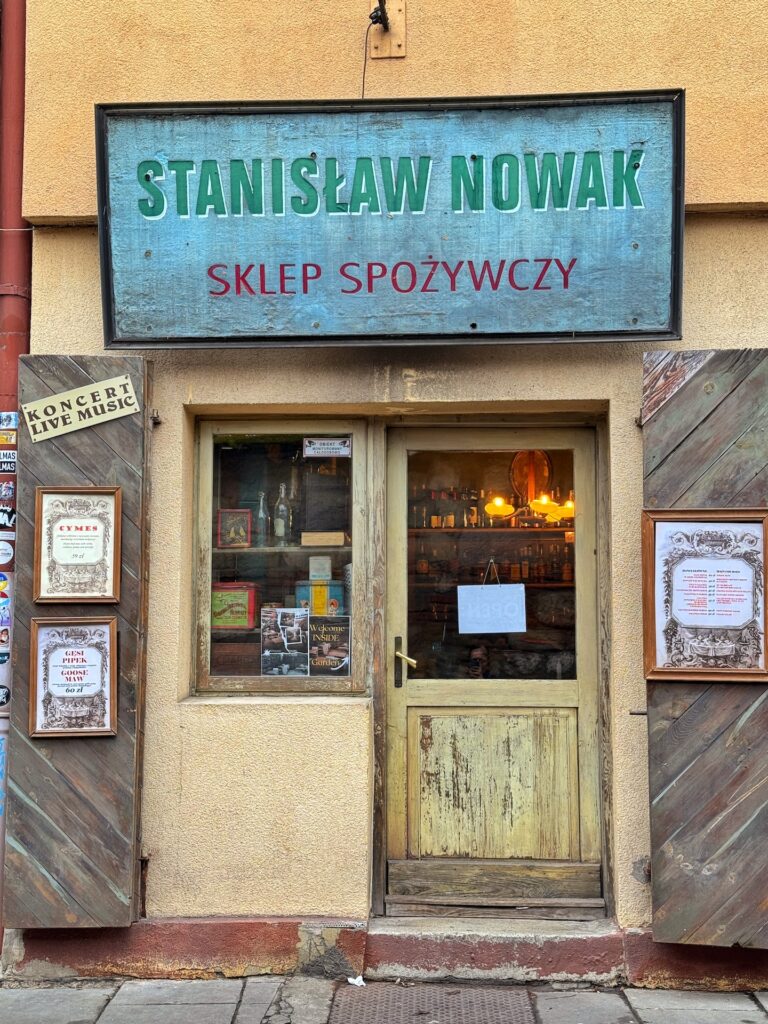
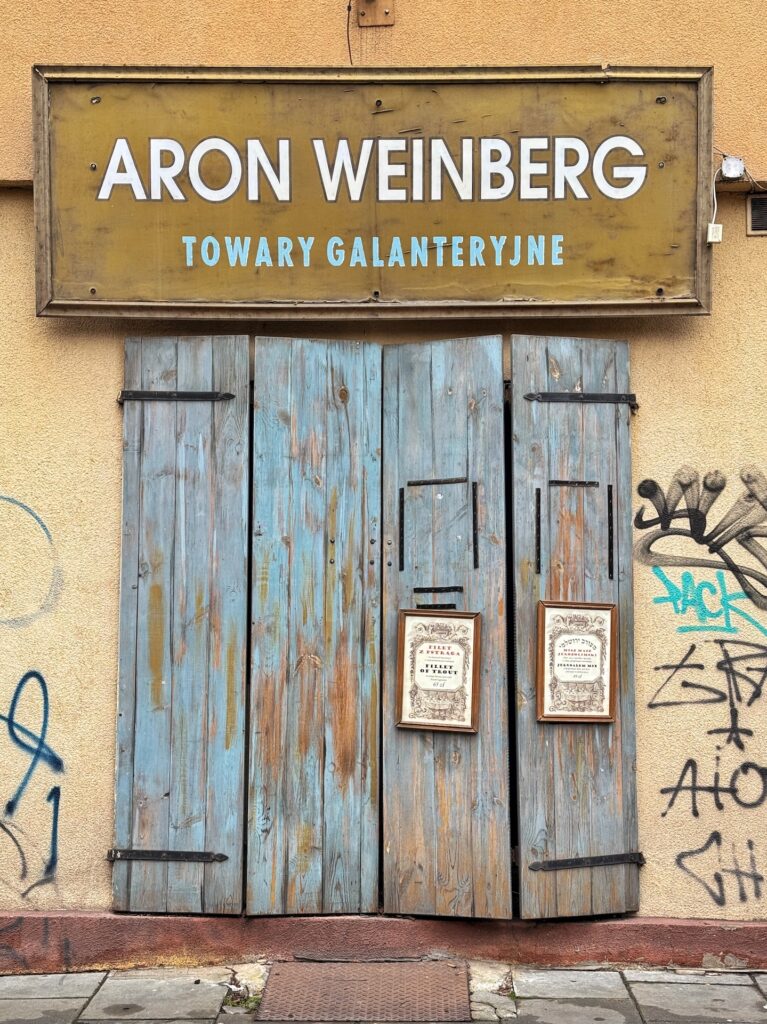
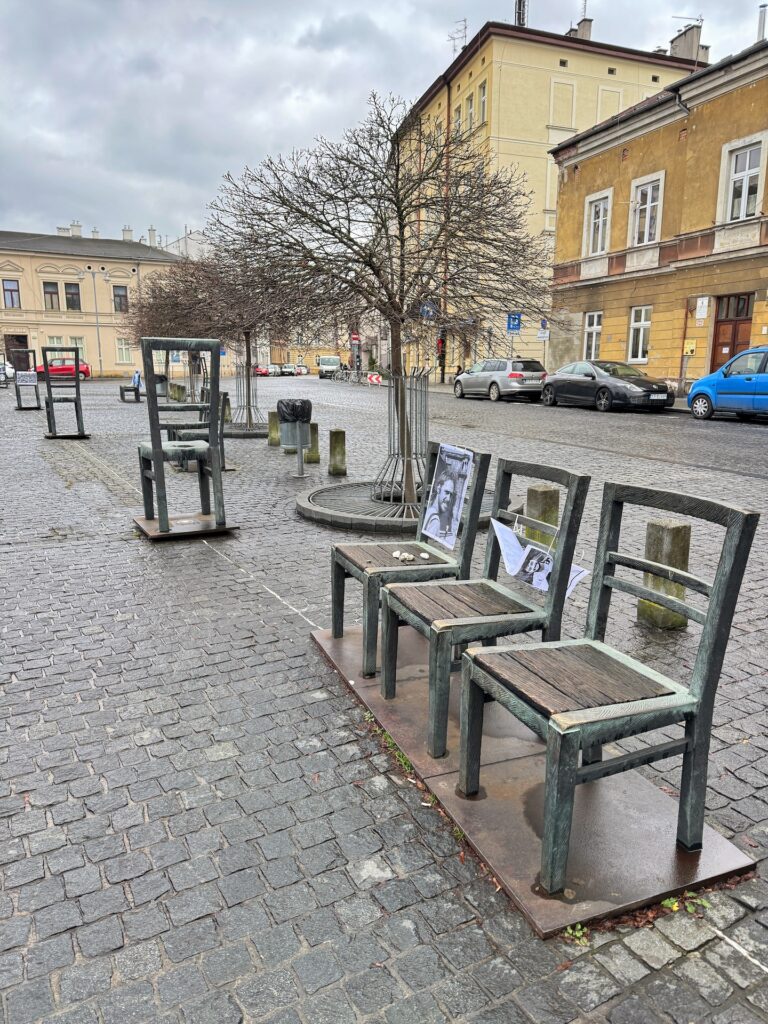
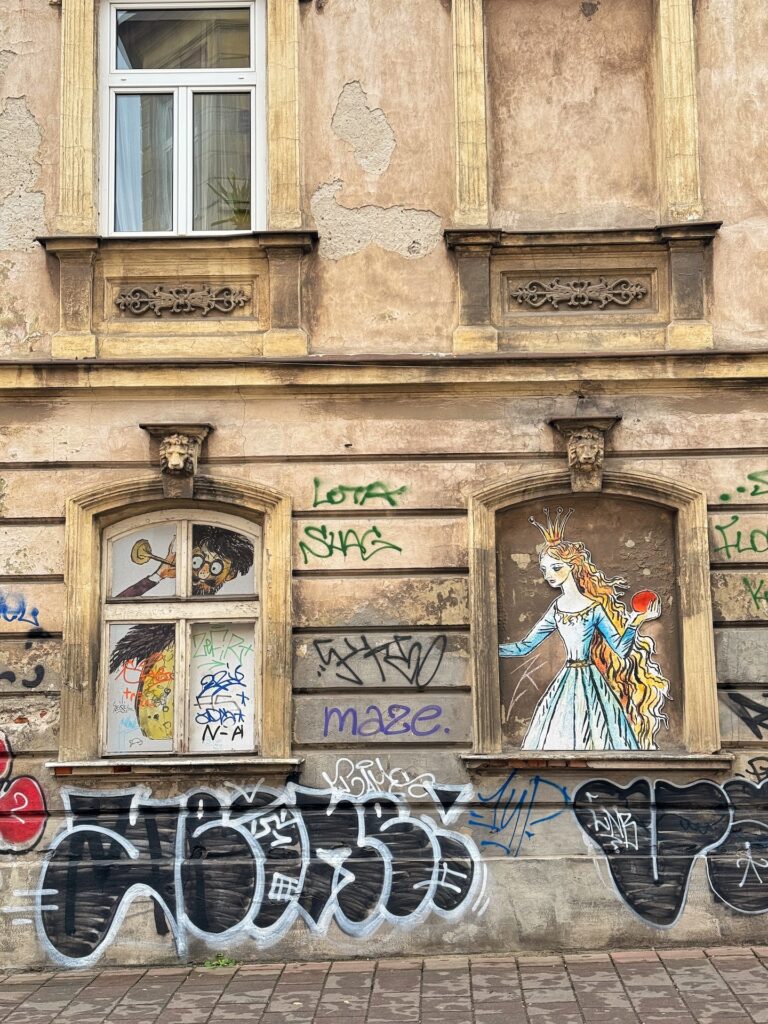
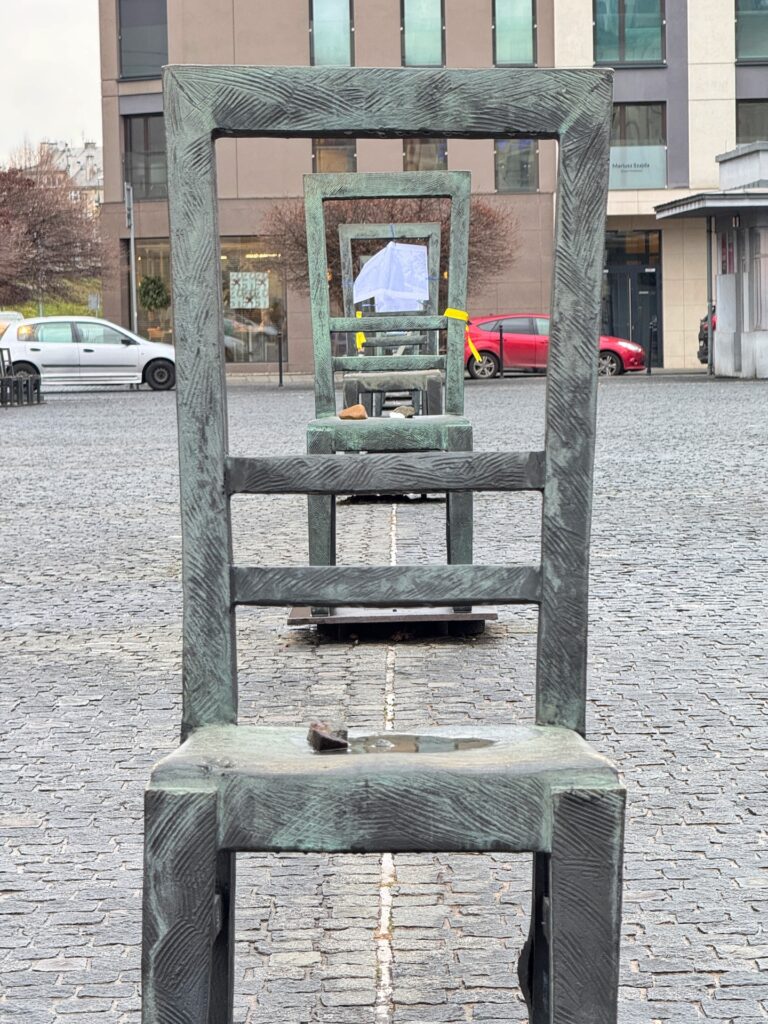
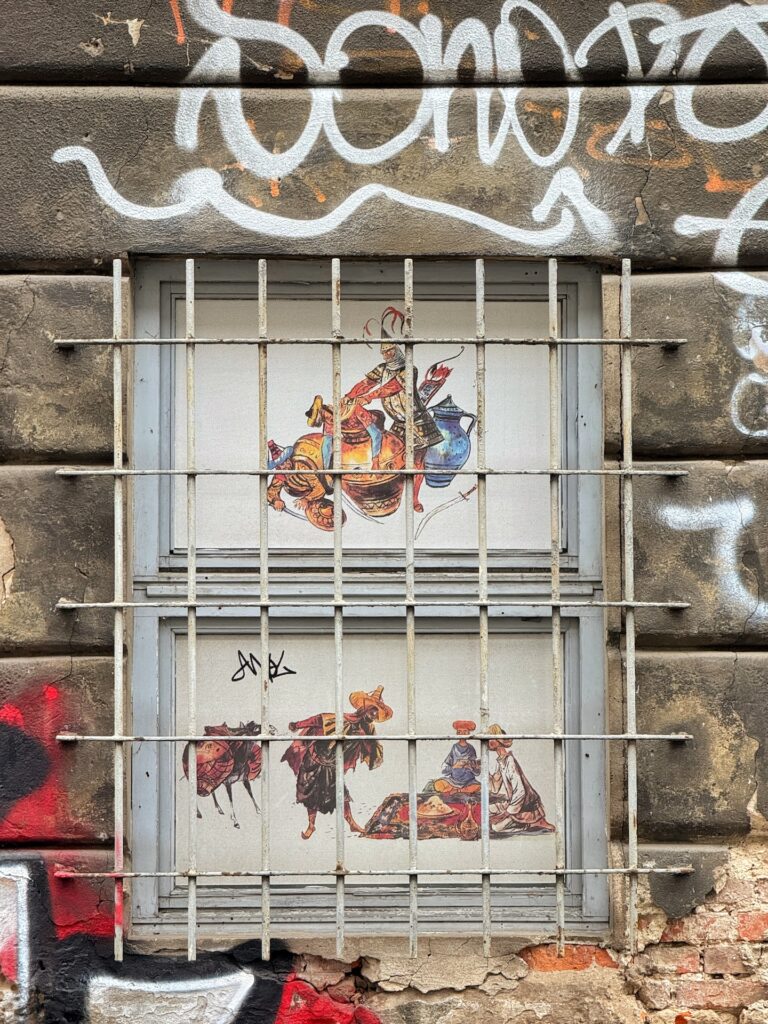
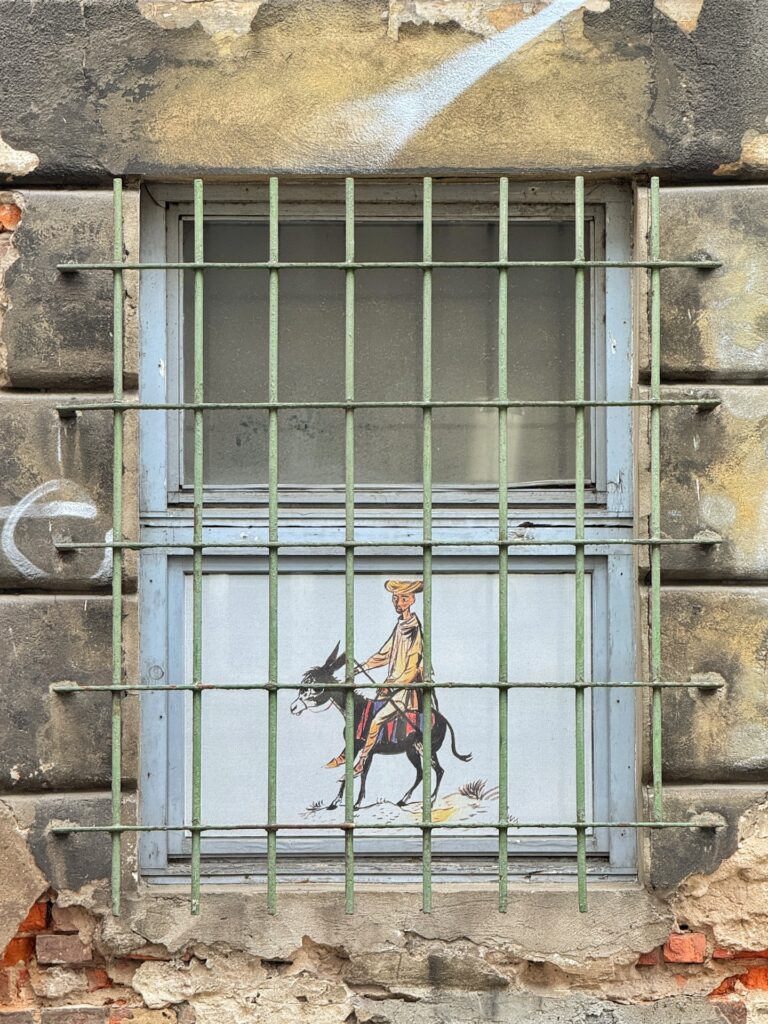
Walking through the picturesque streets of Kraków feels like stepping back in time. The city’s historic Old Town, a UNESCO World Heritage site, is a maze of cobblestone streets, medieval squares, and stunning architecture.
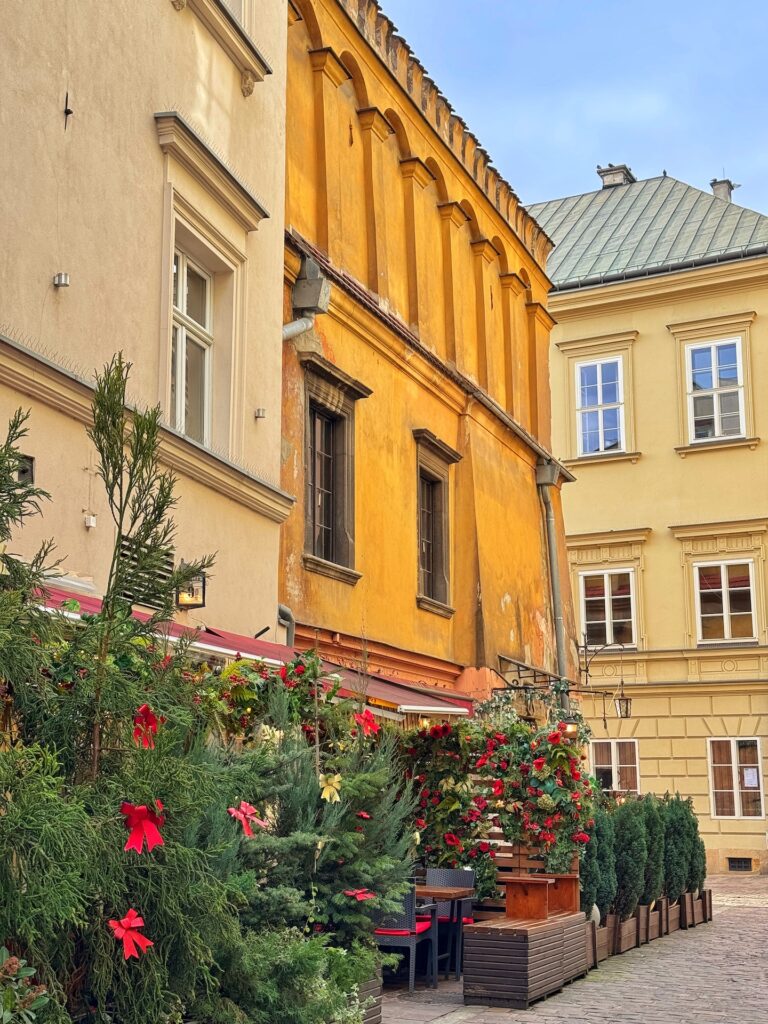
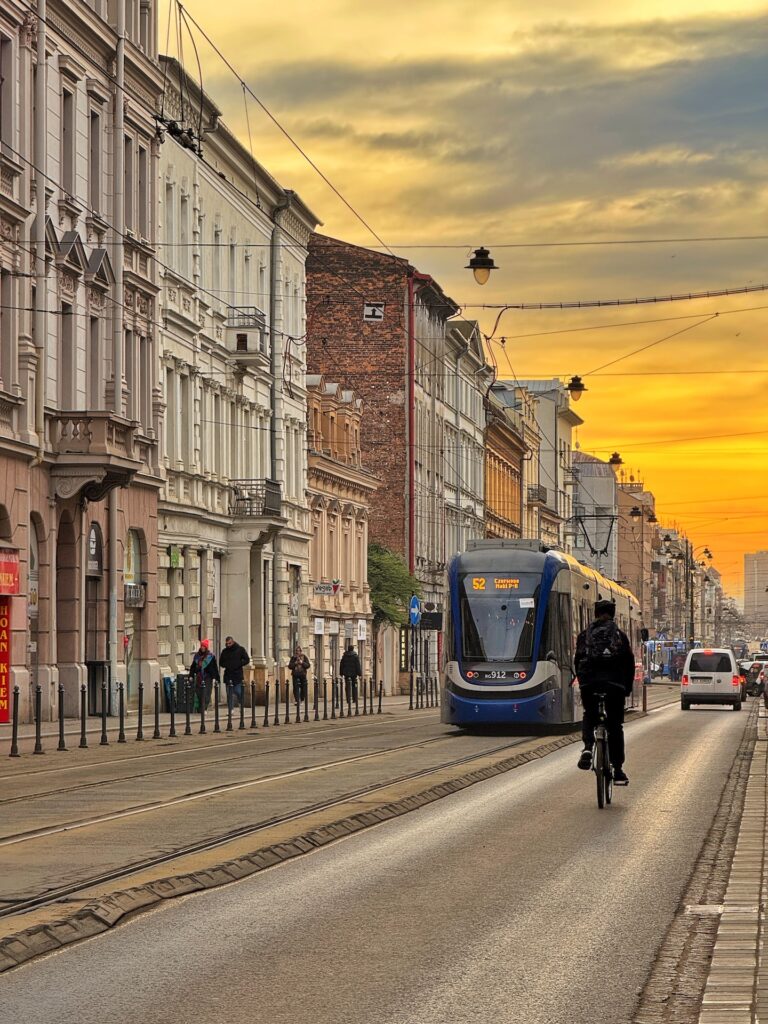

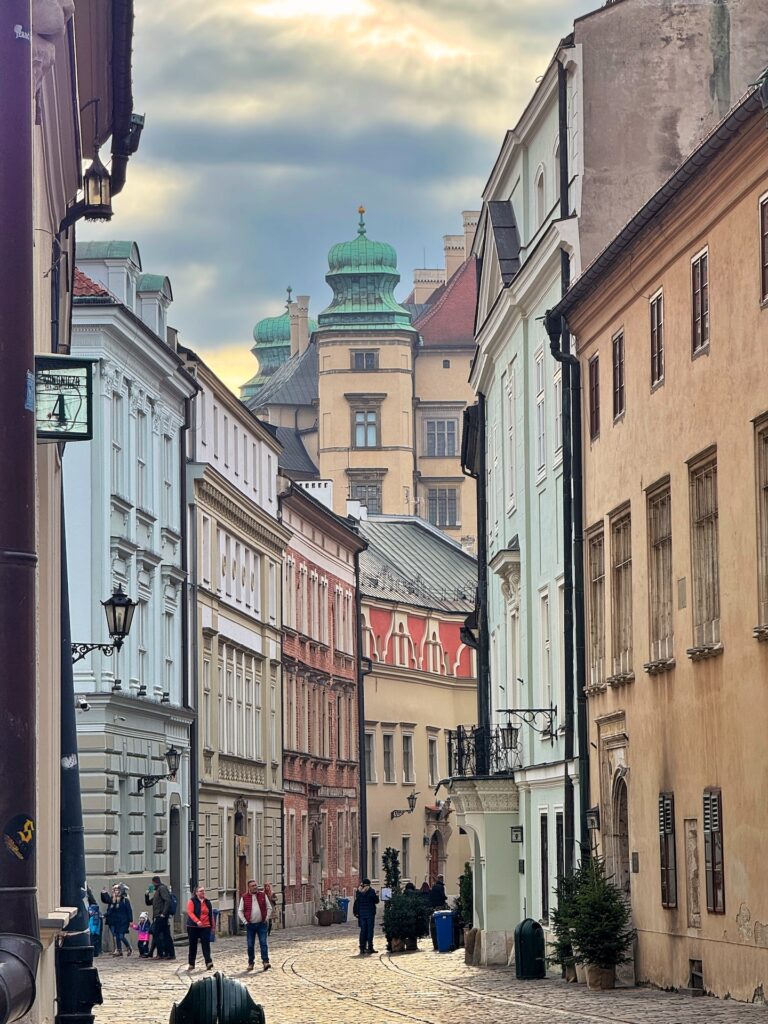
Zakopane is a charming mountain town located in the south of Poland, nestled at the foot of the Polish Mountains. It is referred to as the “winter capital” of Poland and is known as the gateway to the majestic Tatra Mountains.
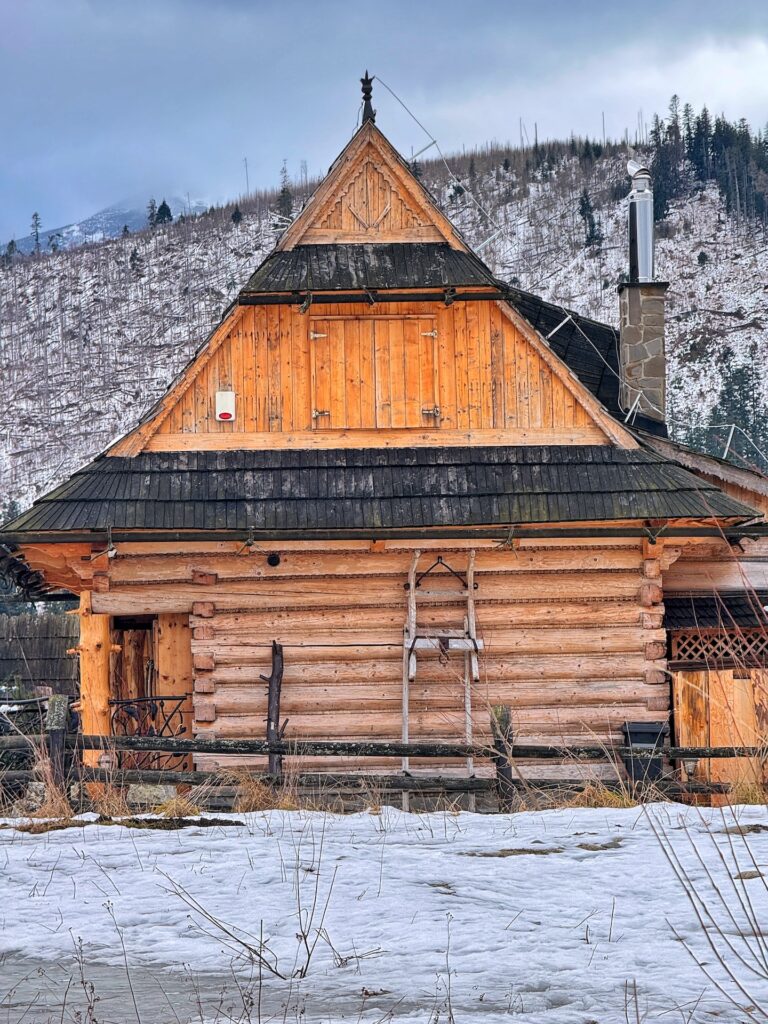
The Gubałówka Hill Funicular is one of Zakopane’s most popular attractions, offering a scenic and fun way to reach the top of Gubałówka Hill, which towers over the town and provides breathtaking views of the Tatra Mountains. The funicular is a quick and enjoyable ride, and it’s a must-do experience for visitors looking to get an elevated perspective of Zakopane and its stunning surroundings.
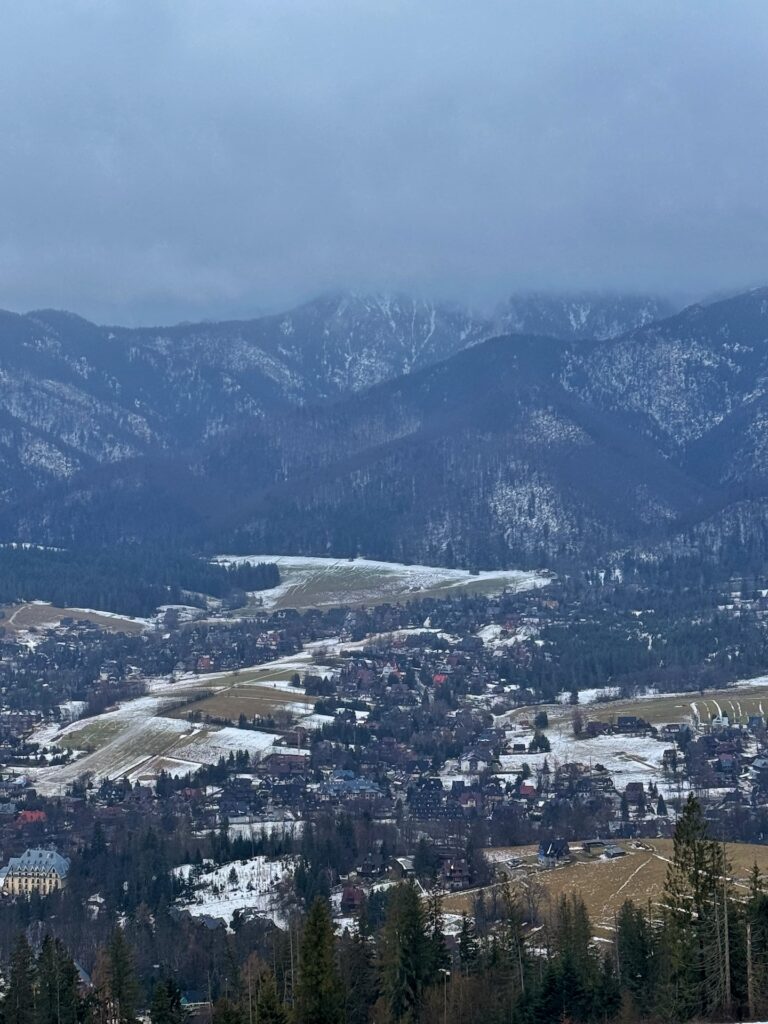
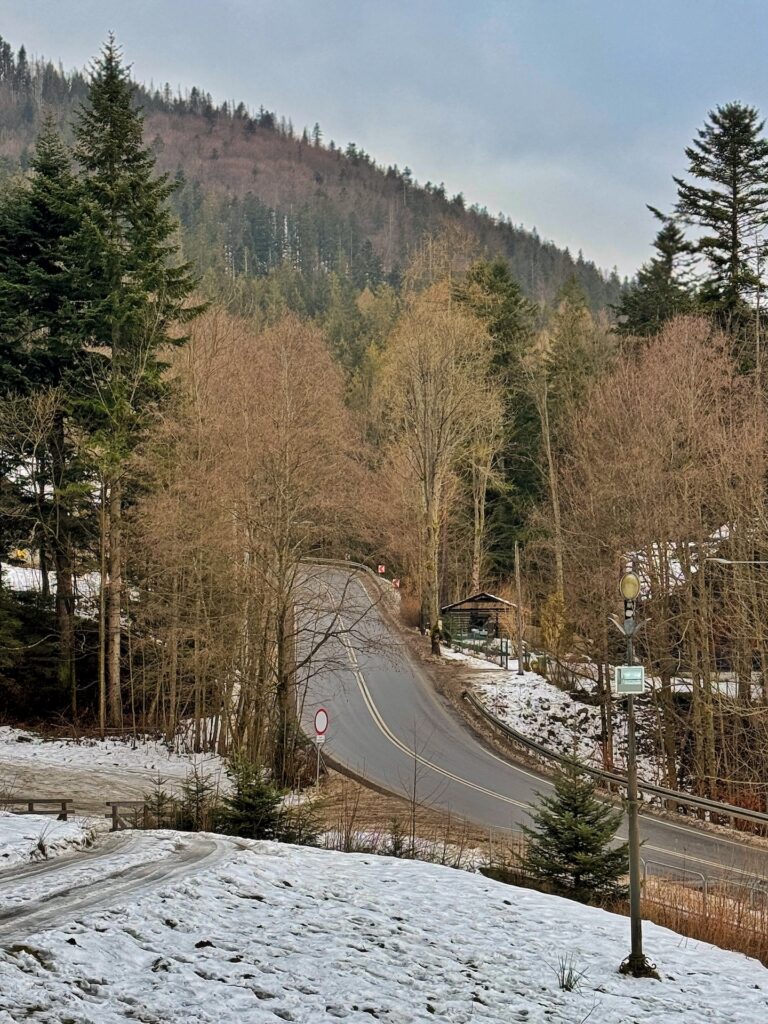
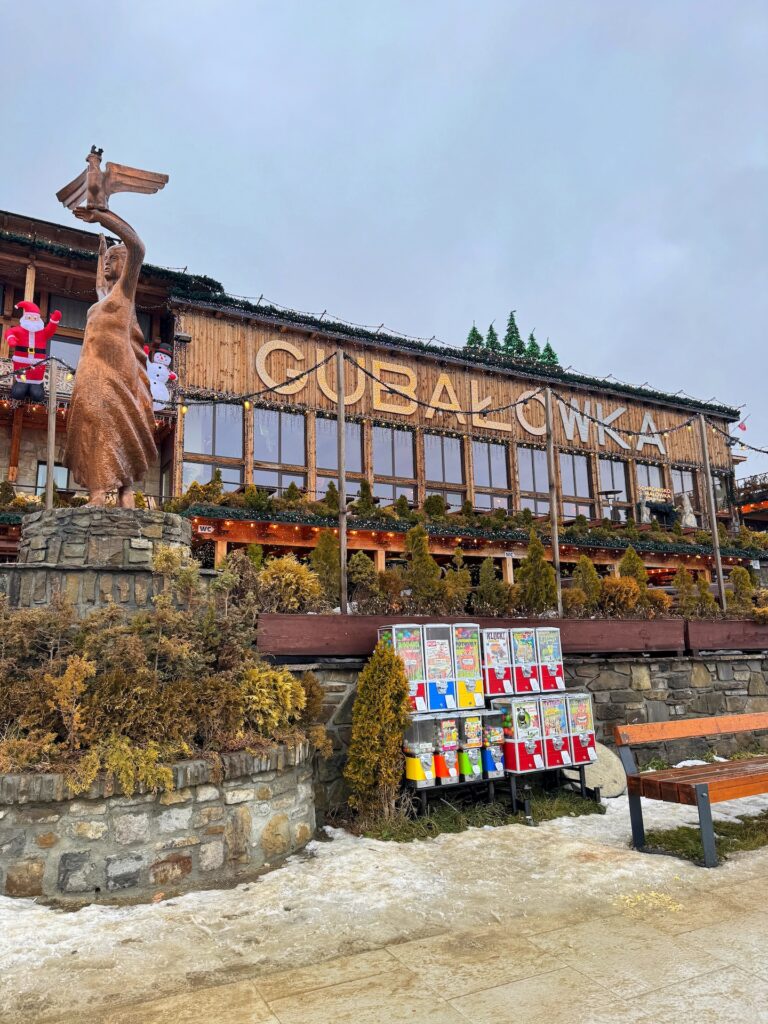
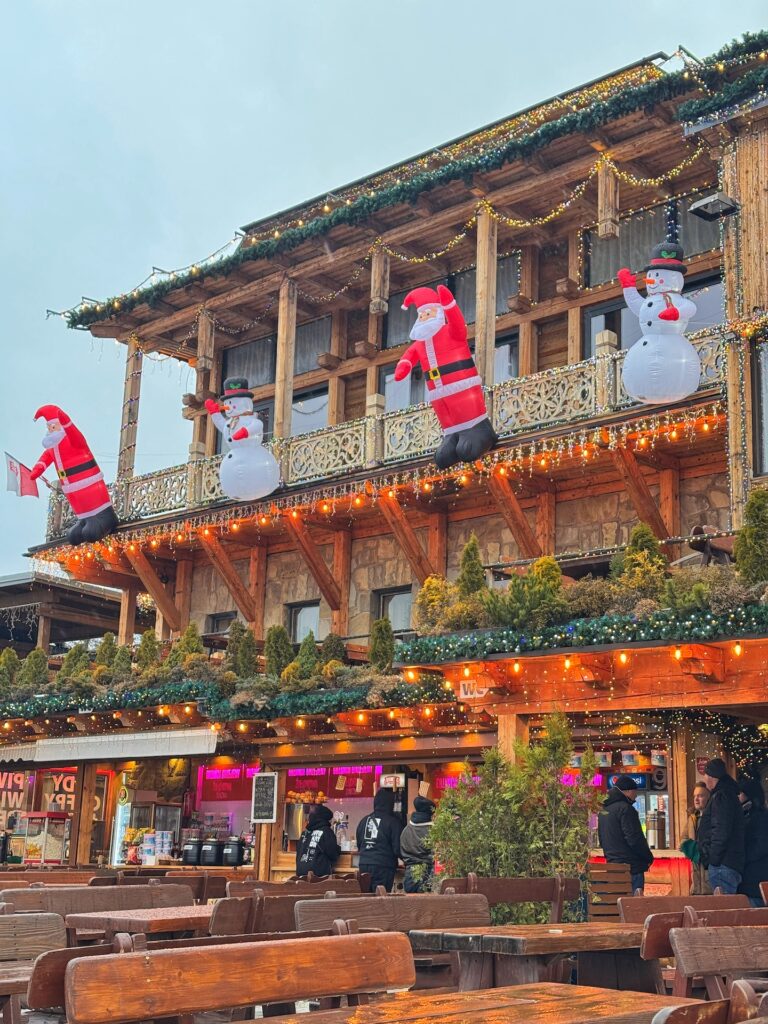
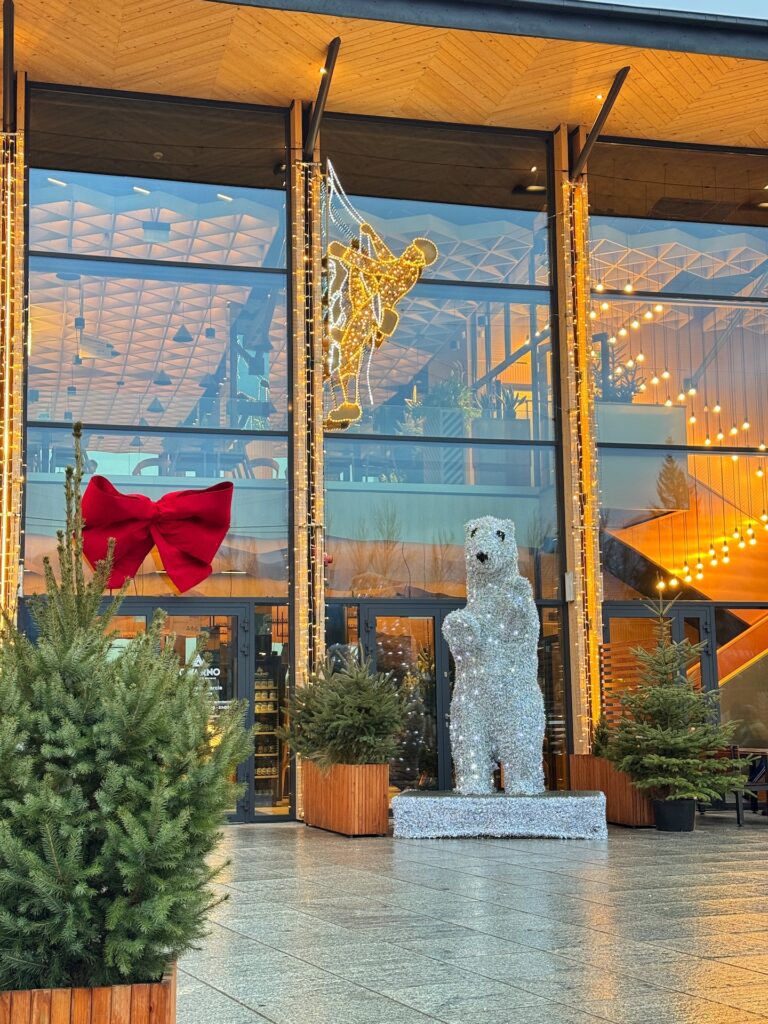
The Tatra Mountains are a stunning mountain range that forms the natural border between Poland and Slovakia, and they represent the highest part of the Carpathian Mountains. Often referred to as the “High Tatras”, these majestic peaks are a haven for outdoor enthusiasts and nature lovers alike.
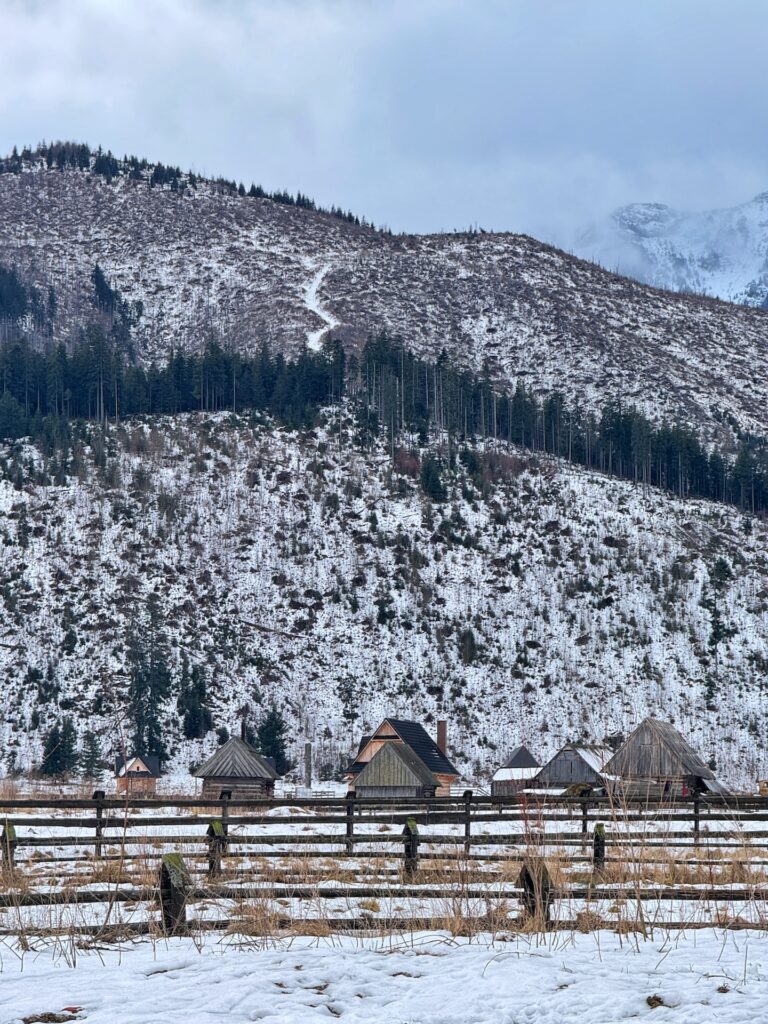
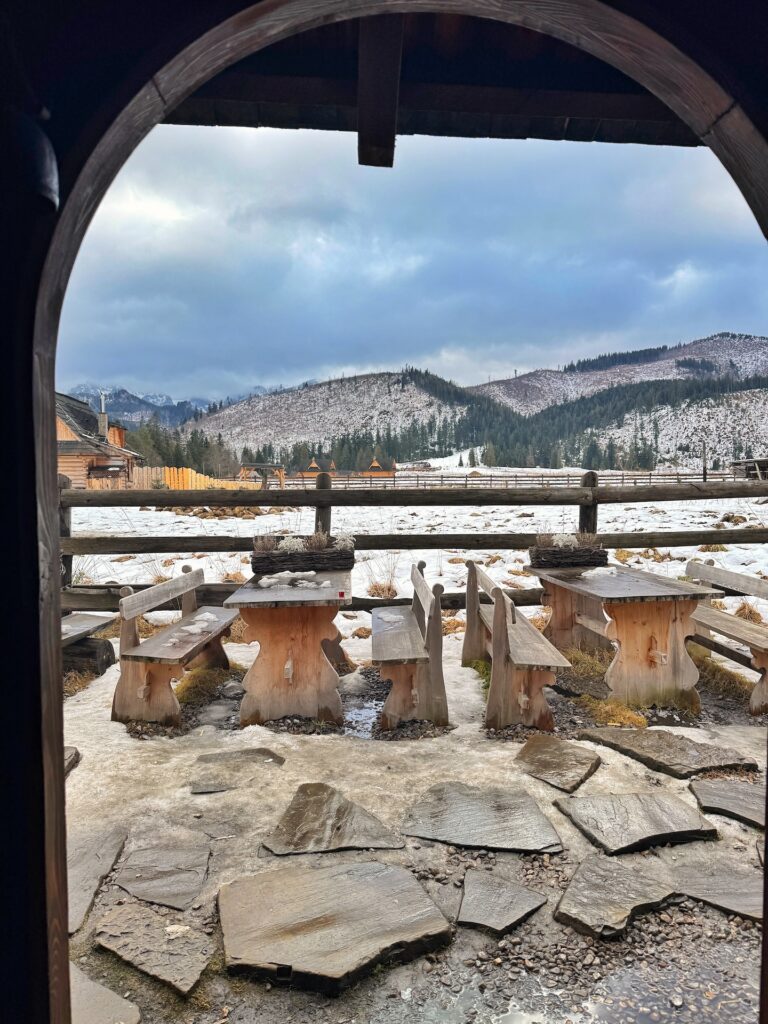
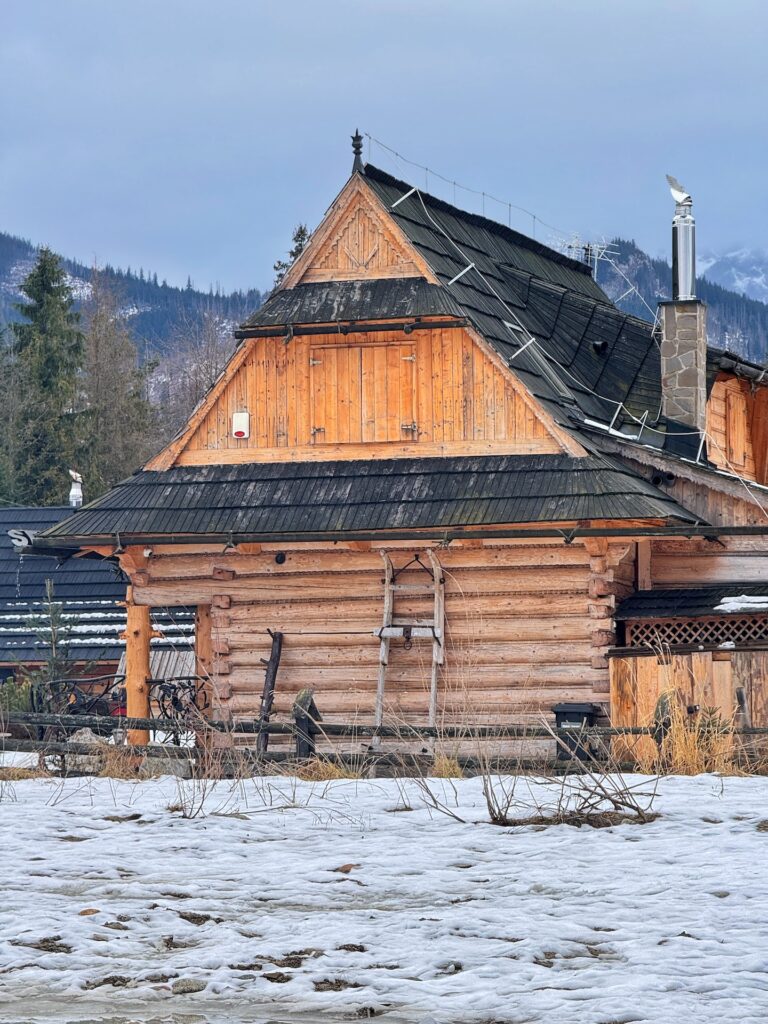
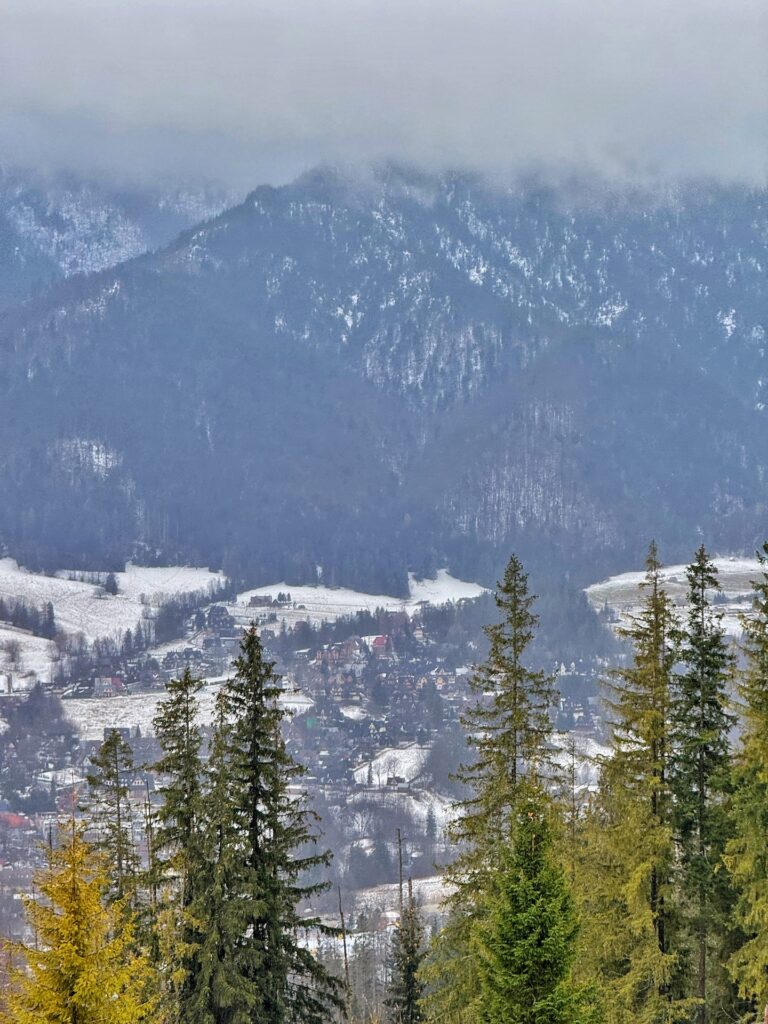
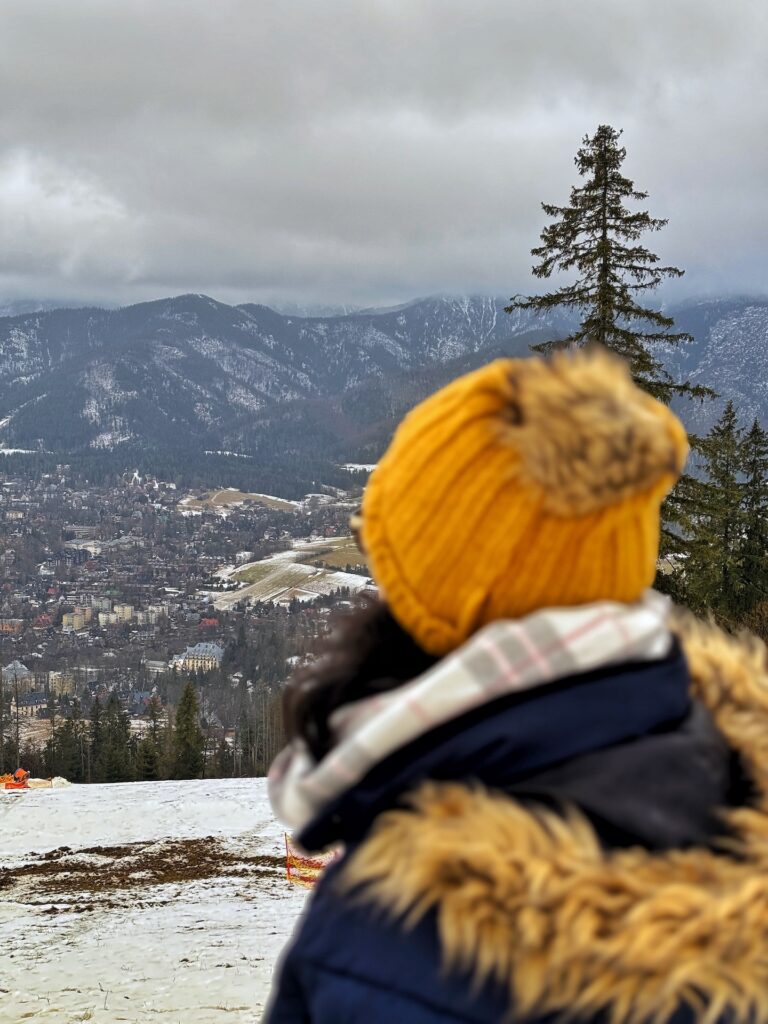
Chochołów is a small village which blends traditional wooden architecture and modern charm, with colourful markets, cozy cafes, traditional Polish cuisine, and lively streets that give it a distinctive cultural feel.
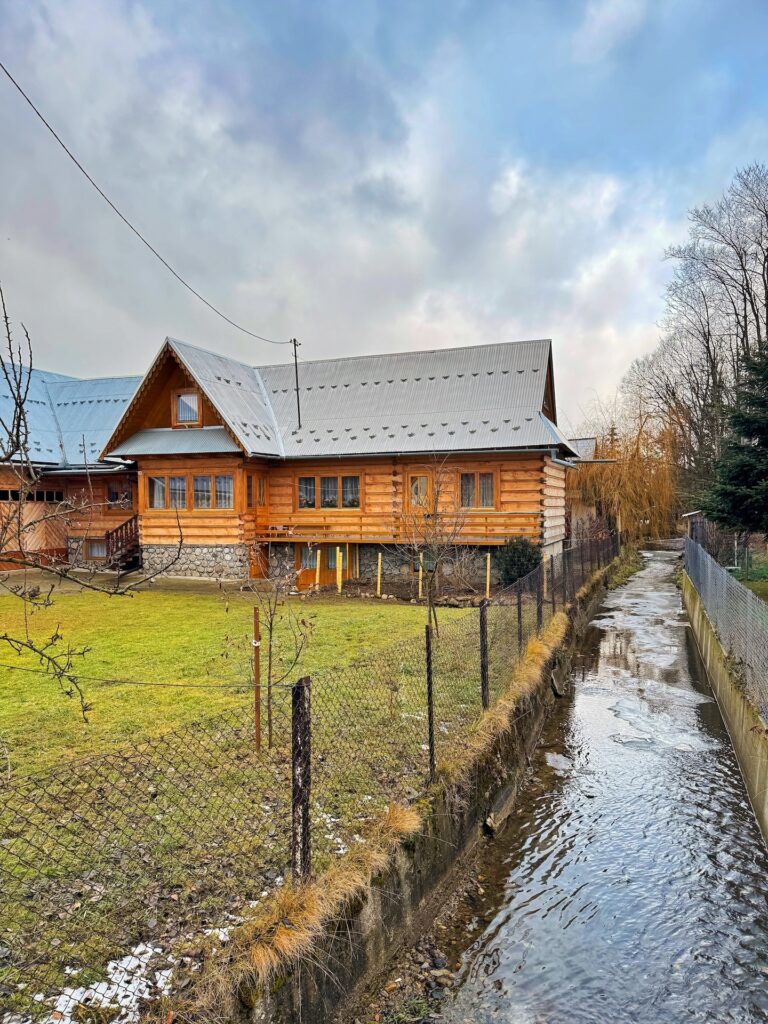
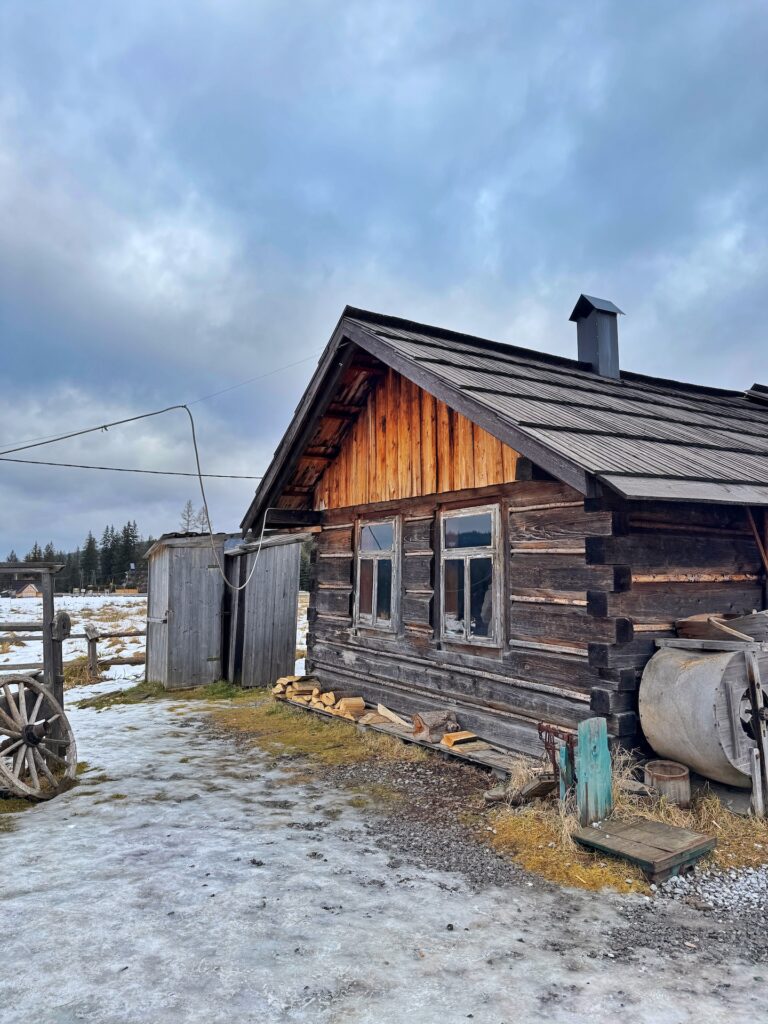
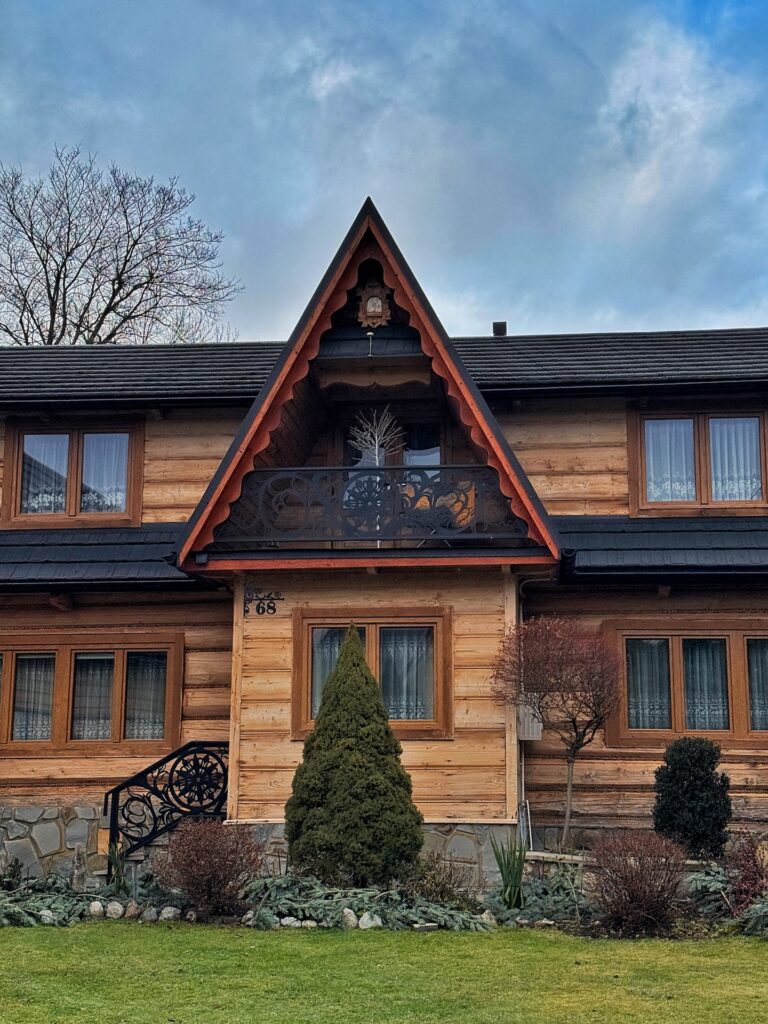
Jaszczurówka is an architectural masterpiece and the wooden church is nestled amidst stunning natural surroundings.
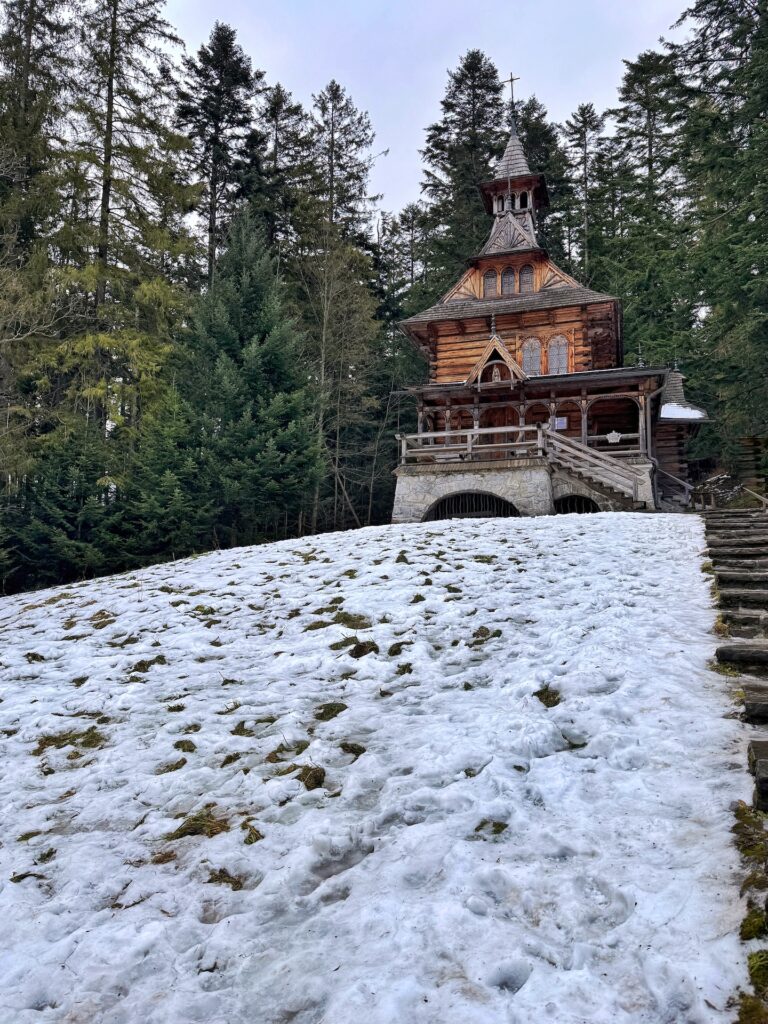
Auschwitz is one of the most poignant and significant historical sites in Poland, and indeed the world. Located near the town of Oświęcim in southern Poland, Auschwitz was the largest of the Nazi concentration and extermination camps during World War II. Today, it serves as a somber reminder of the atrocities committed during the Holocaust.
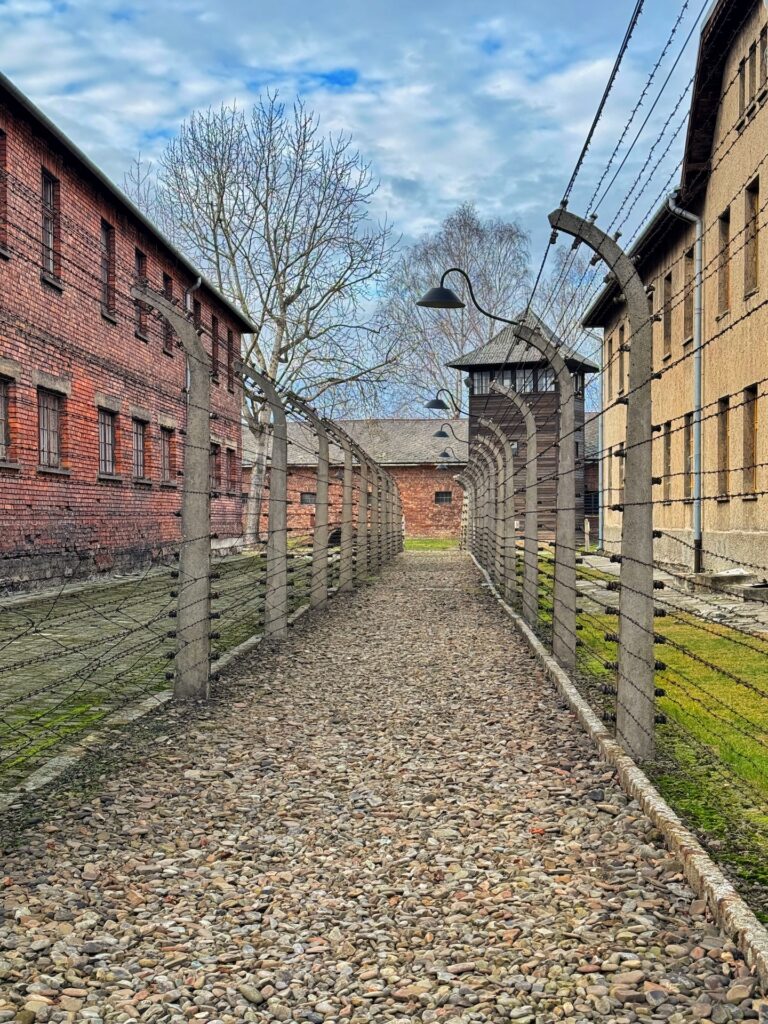
Auschwitz is now a UNESCO World Heritage Site and one of the most visited places in Poland. Visitors can tour the preserved remains of the camp, including the barracks, watchtowers, crematoriums, and gas chambers. The museum displays artifacts, personal belongings of the victims, and extensive documentation of the camp’s operation.
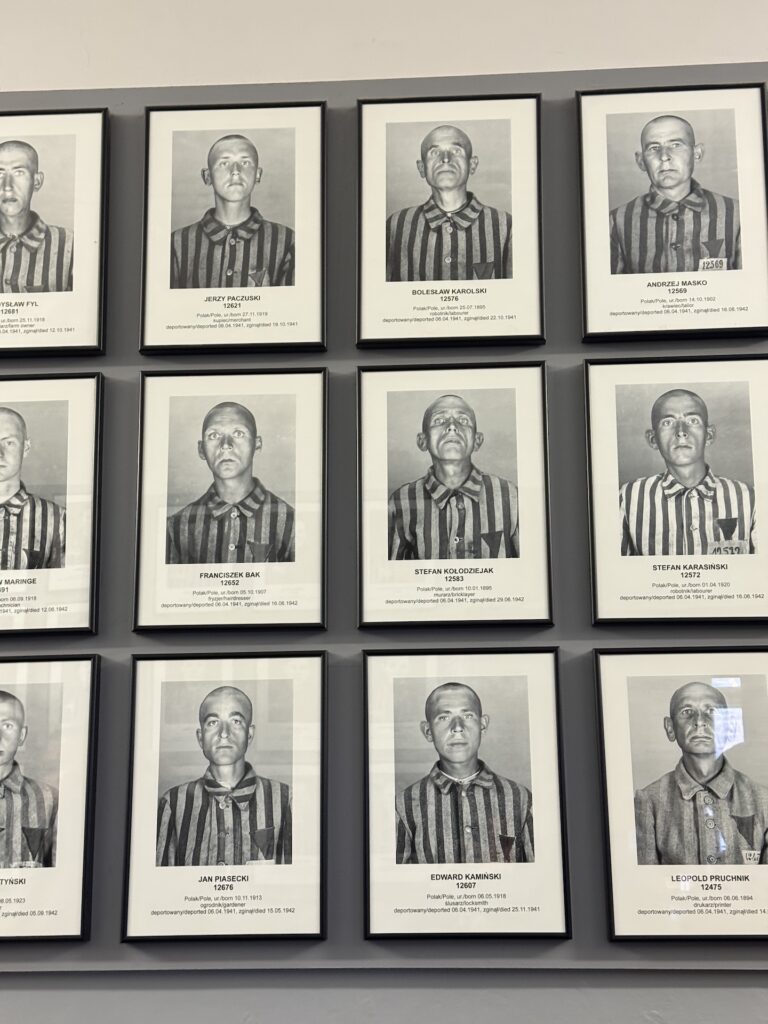
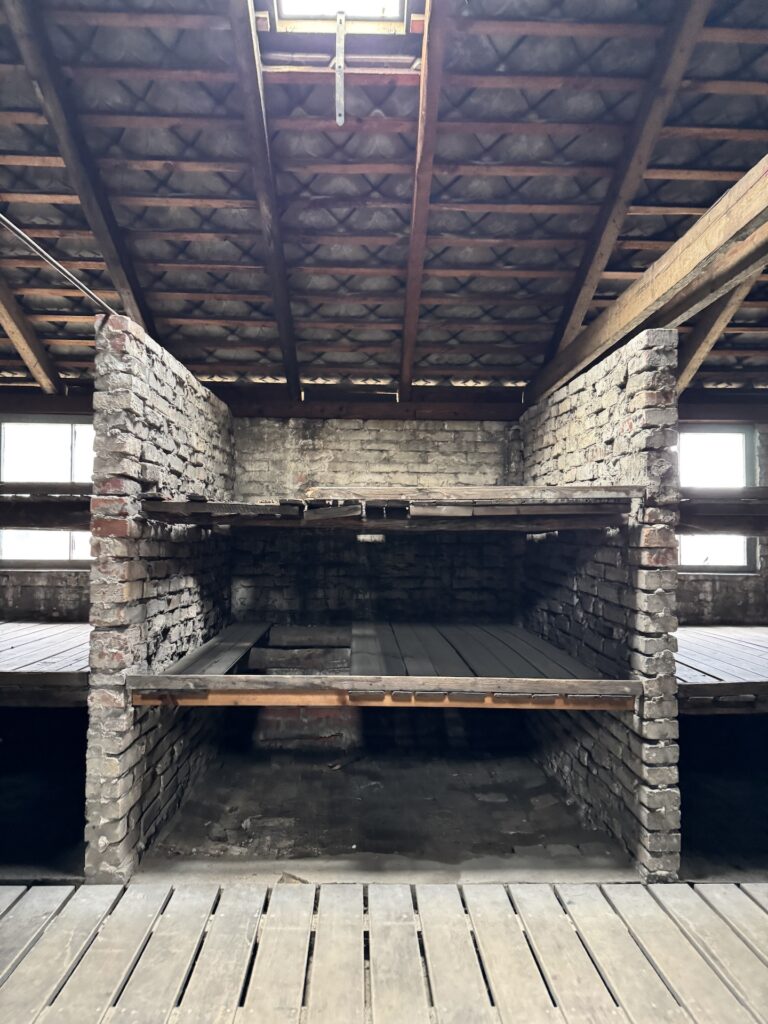
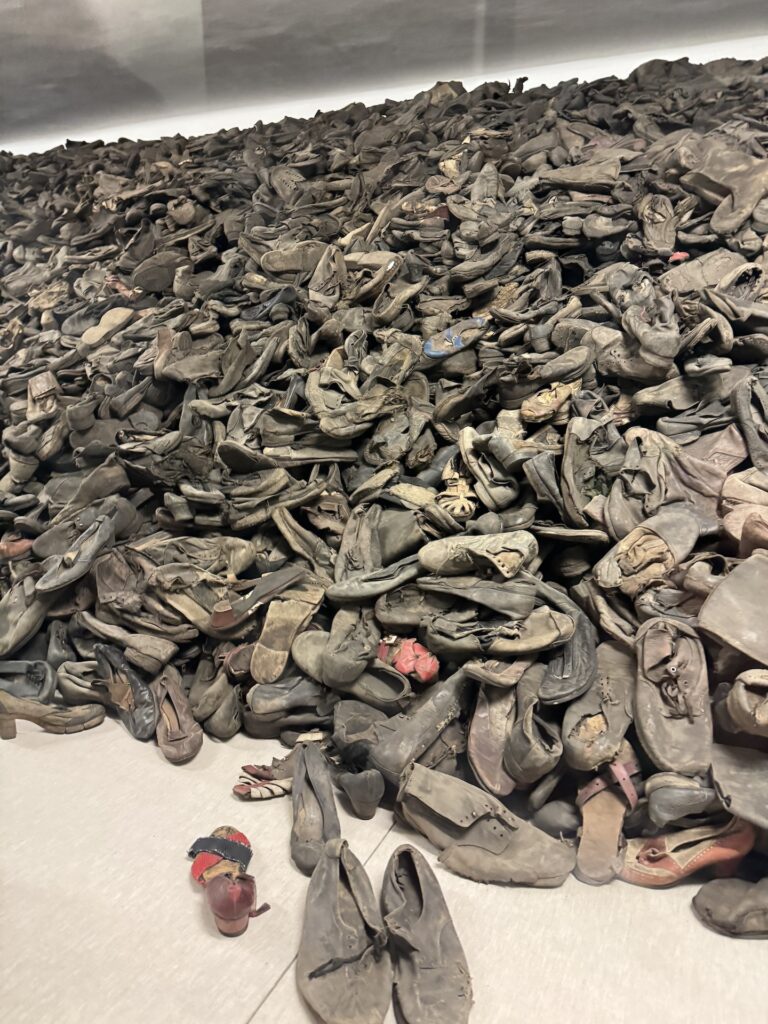
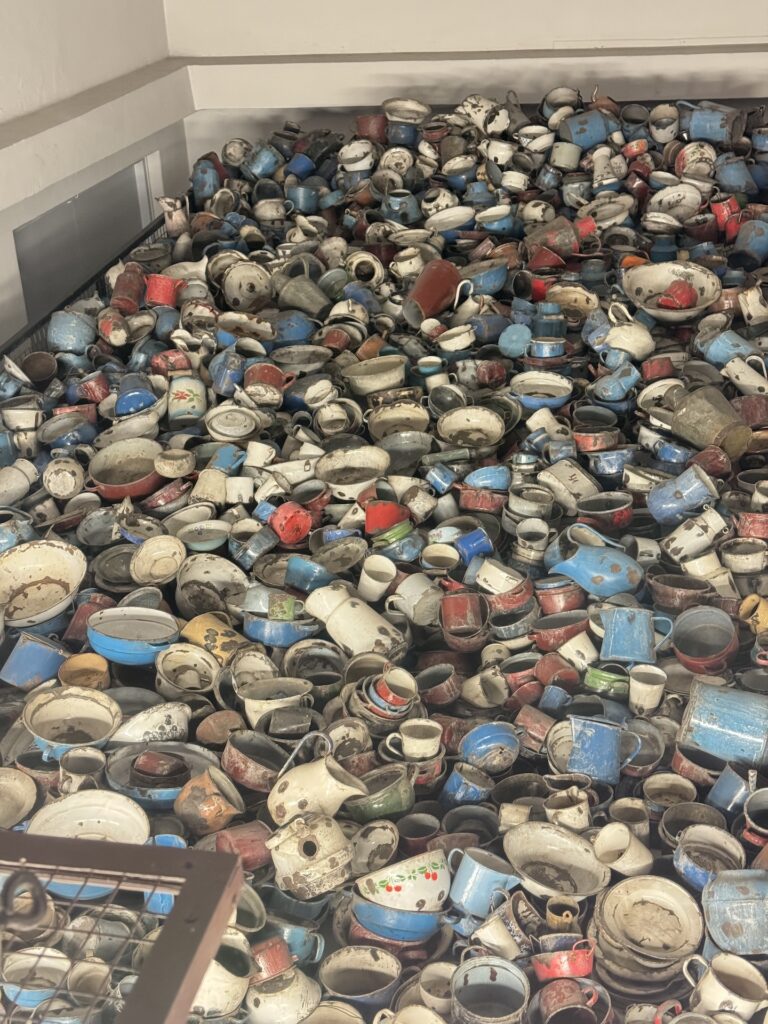
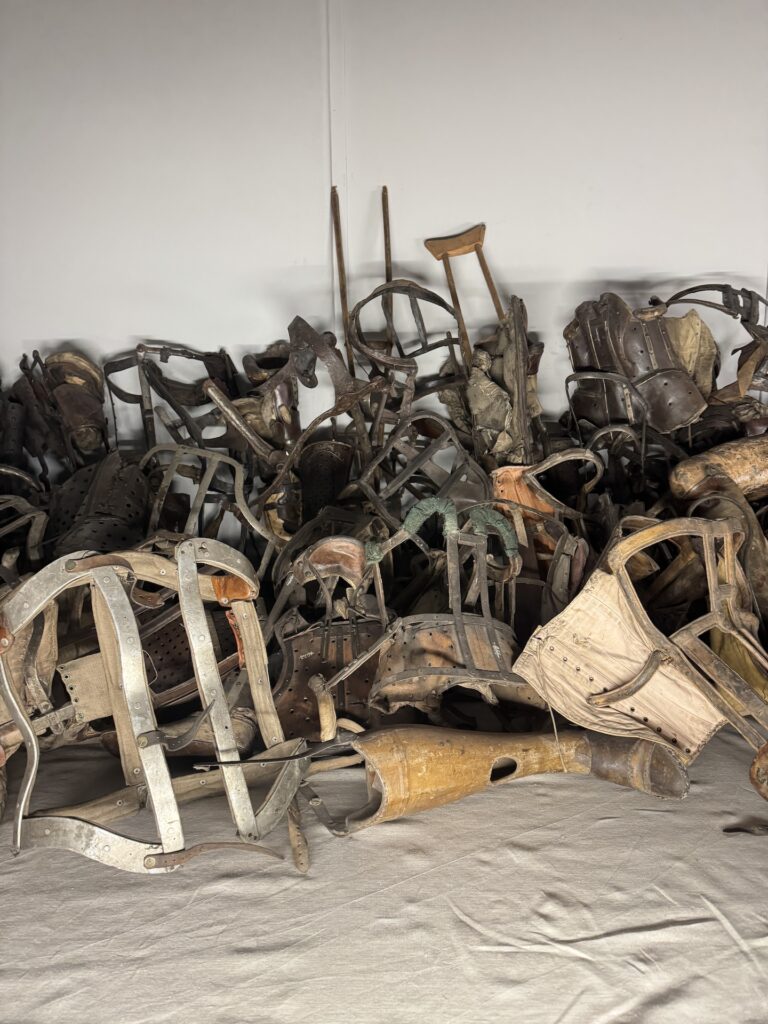
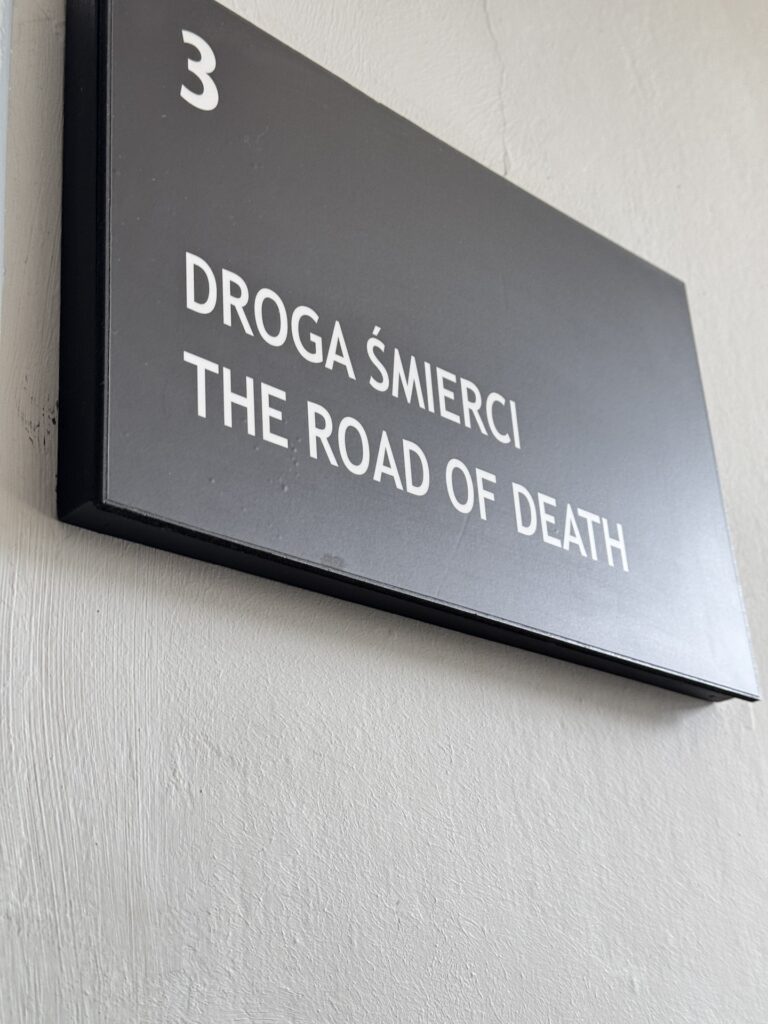
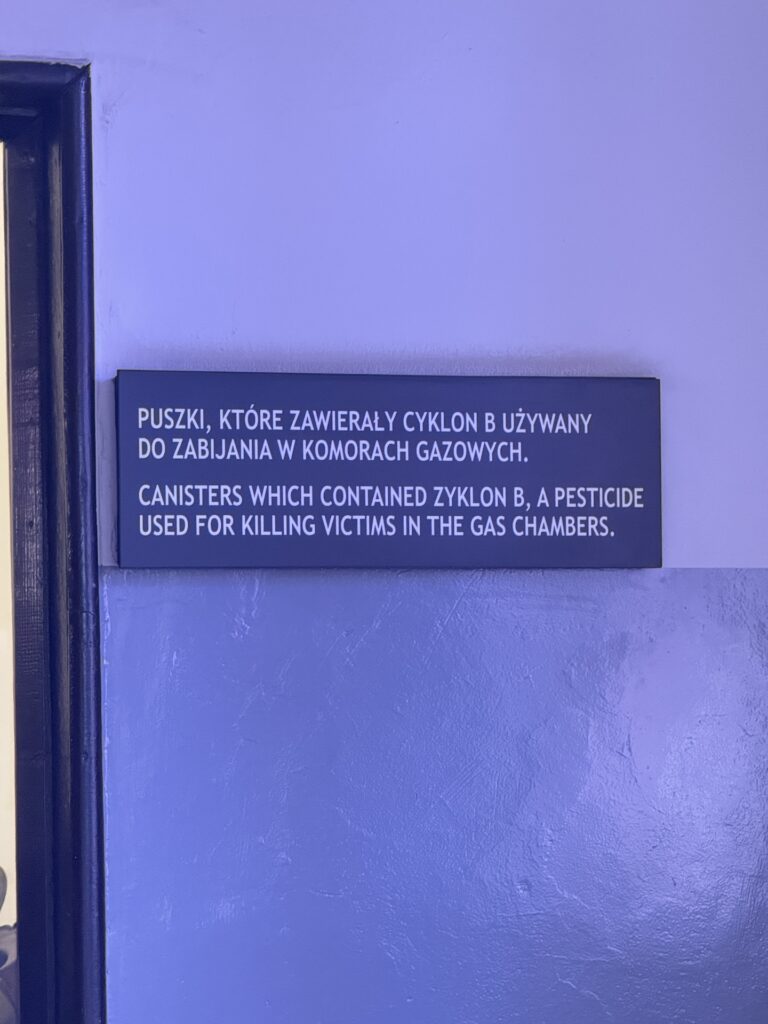
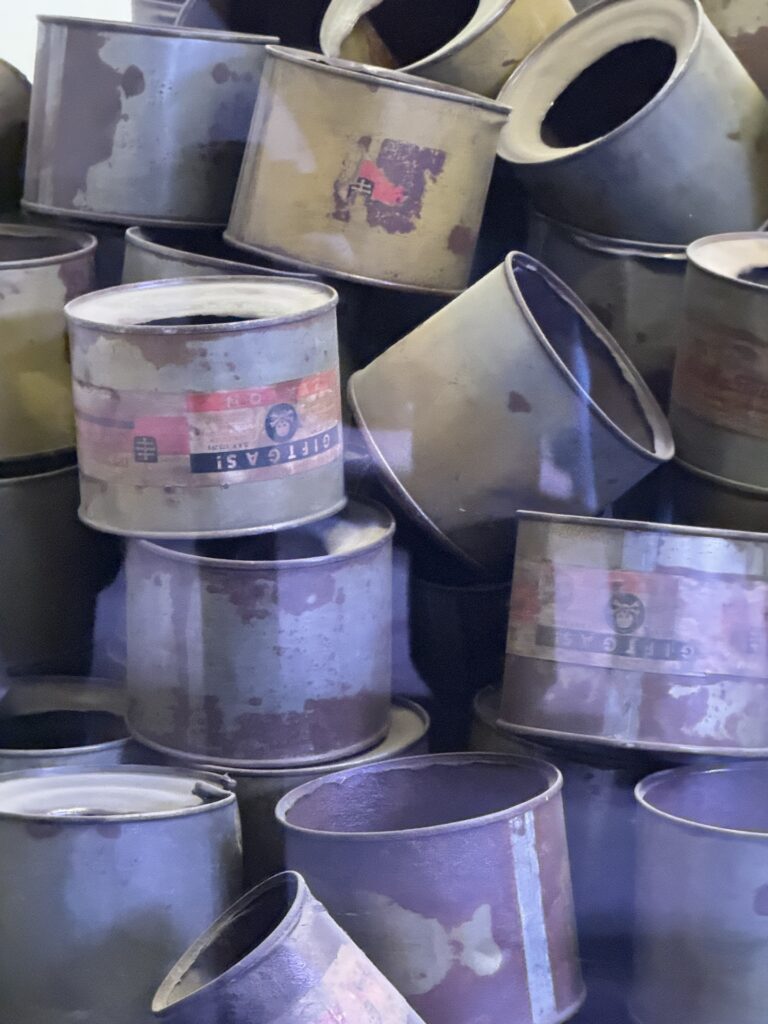

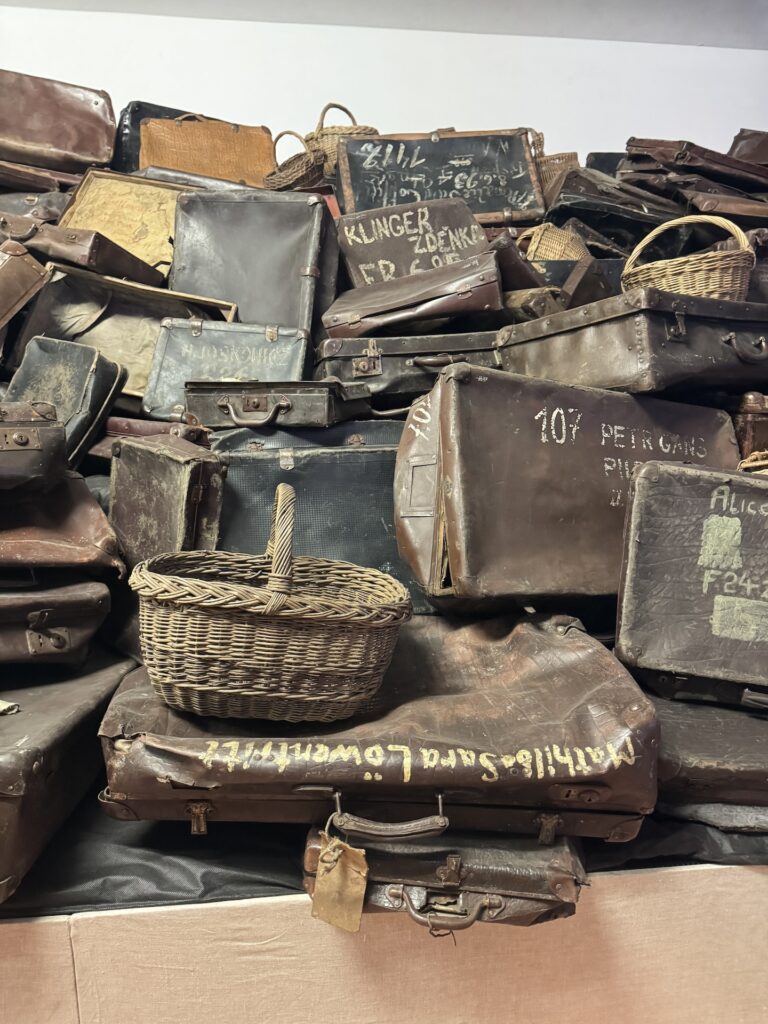
Visiting Auschwitz is a deeply moving and emotional experience. The silence and solemn atmosphere in the camp, coupled with the knowledge of the atrocities that took place, serve as a powerful reminder of the depths of human suffering caused by prejudice, hatred, and totalitarianism.
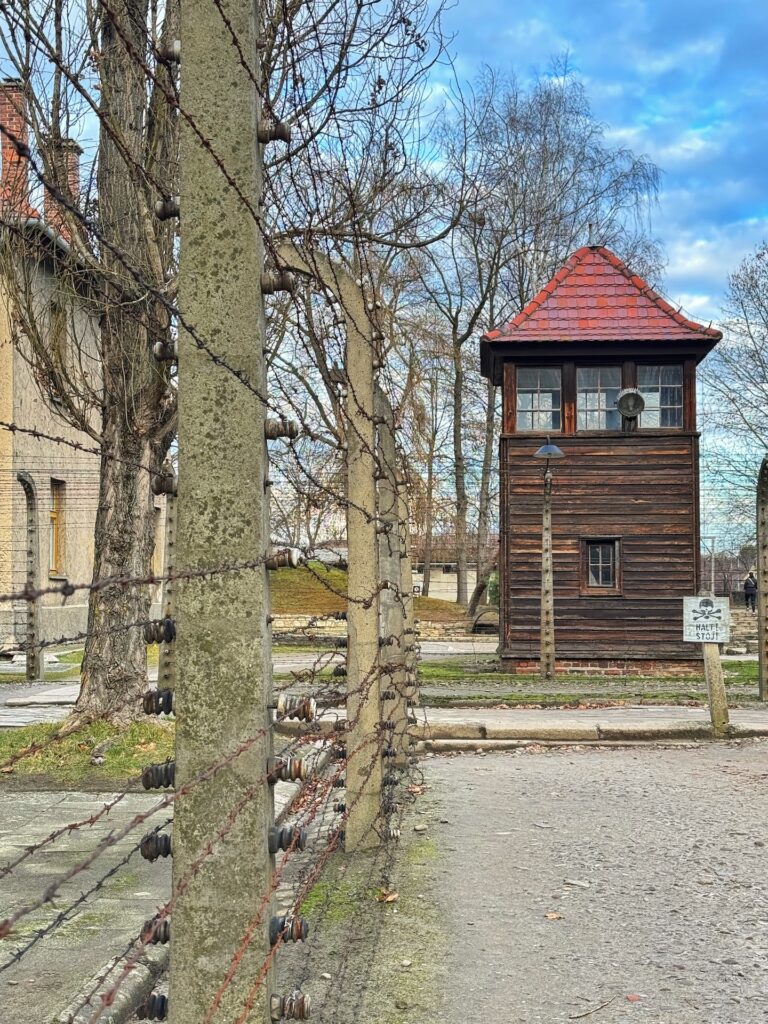
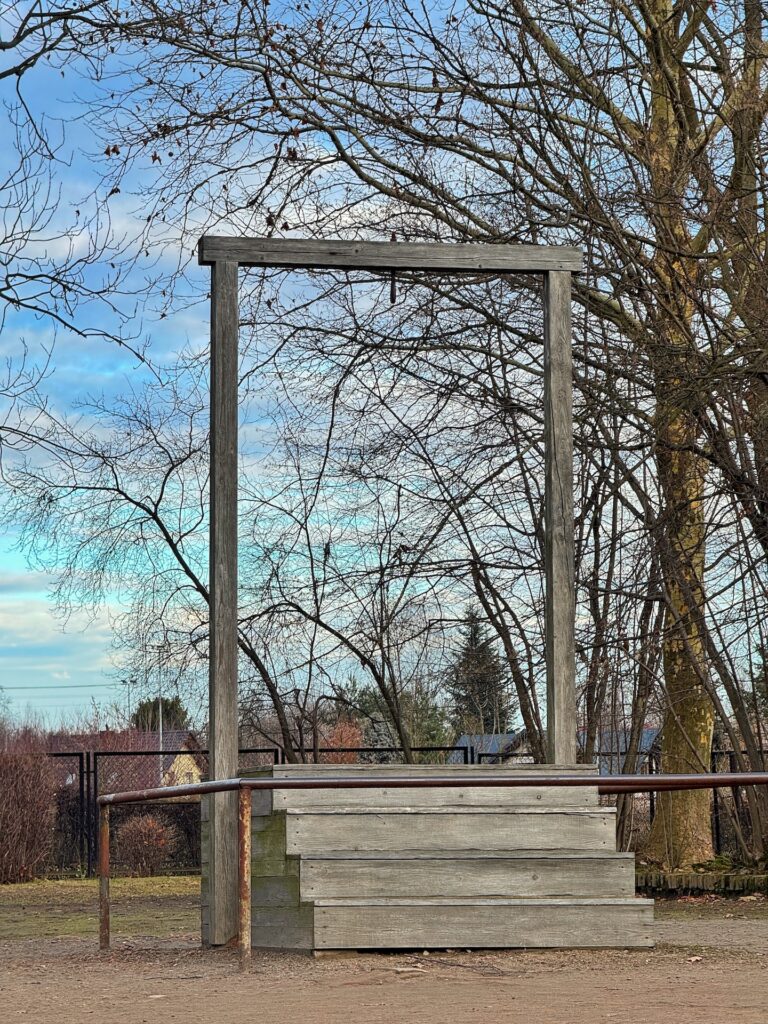
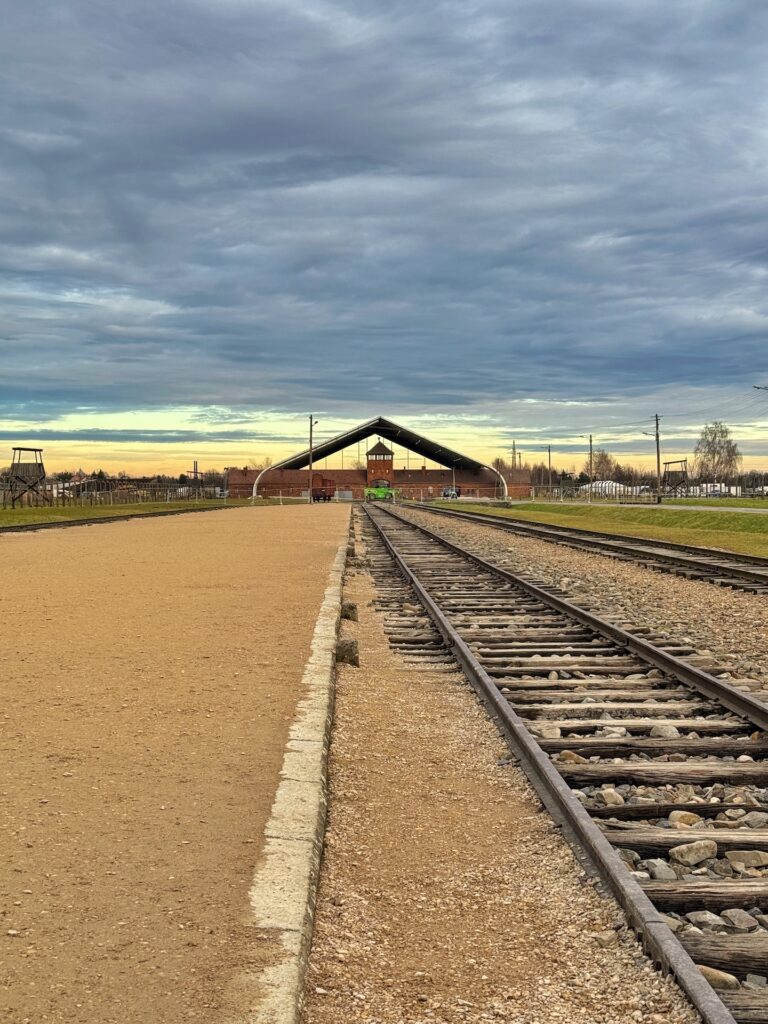
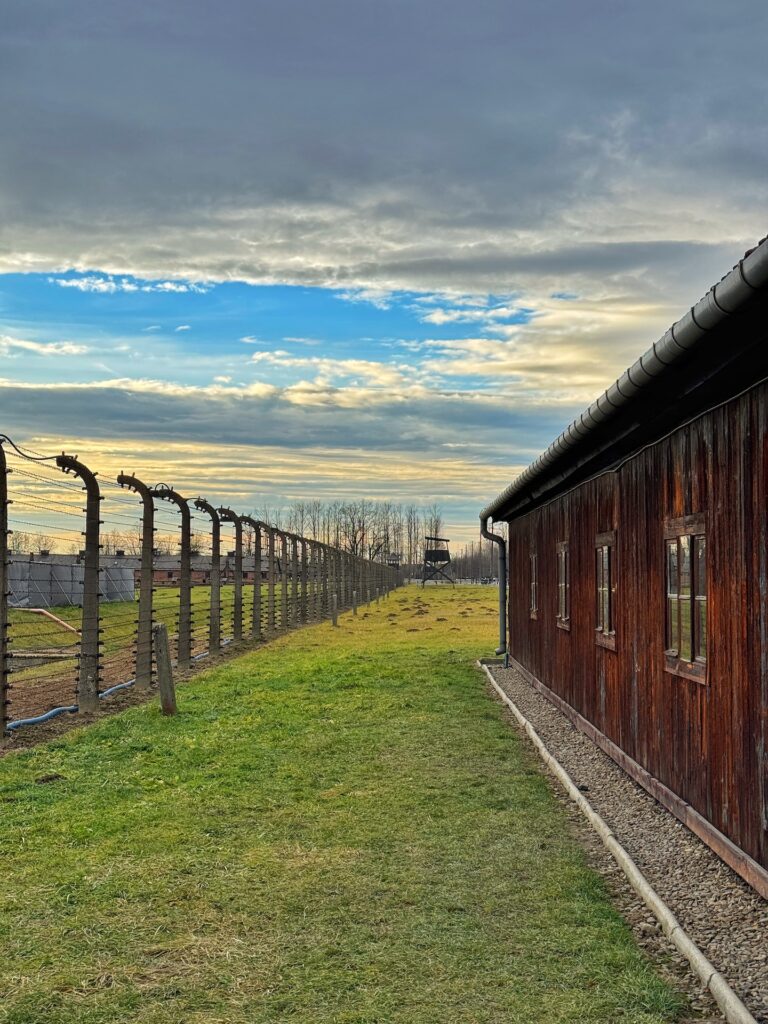
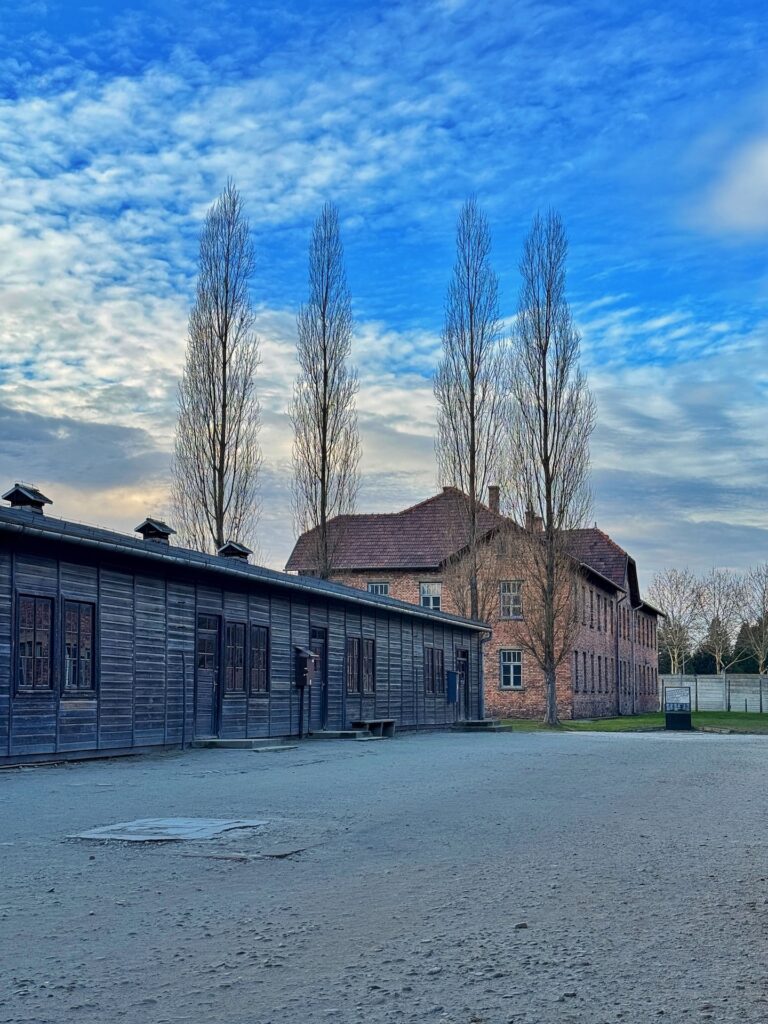
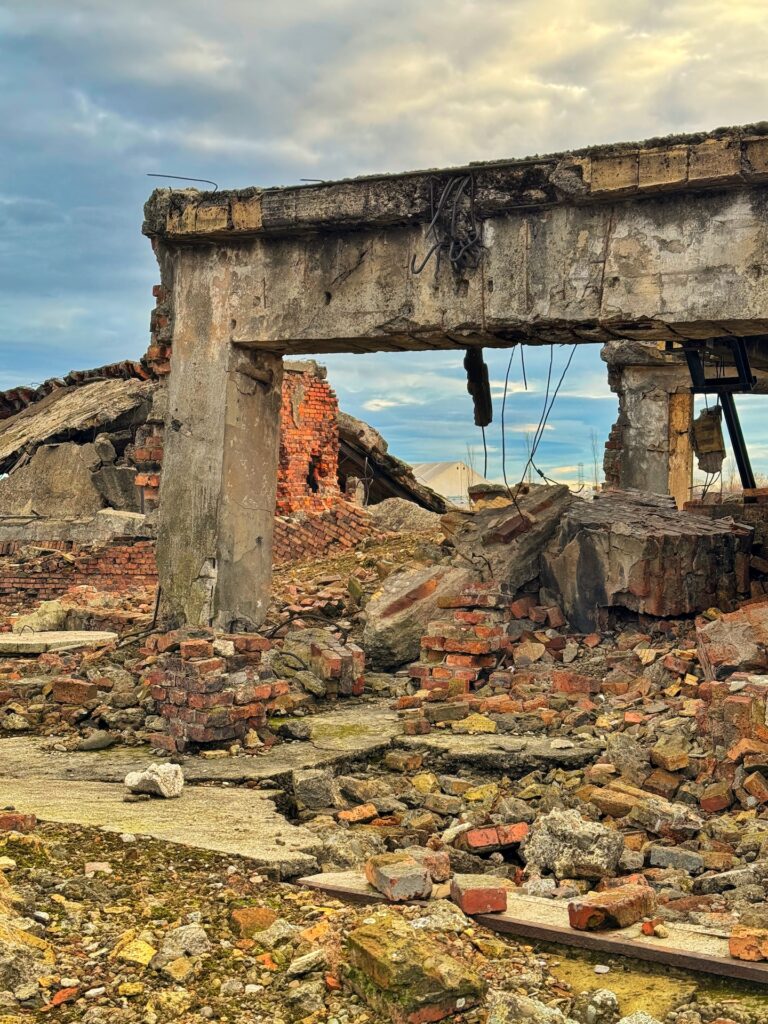
For many, a visit to Auschwitz is a chance to pay respect to the victims of the Holocaust, learn about the history of the Second World War, and reflect on the lessons of tolerance, peace, and human rights. The site also serves as a reminder of the importance of confronting historical injustices, ensuring that such atrocities are never repeated.
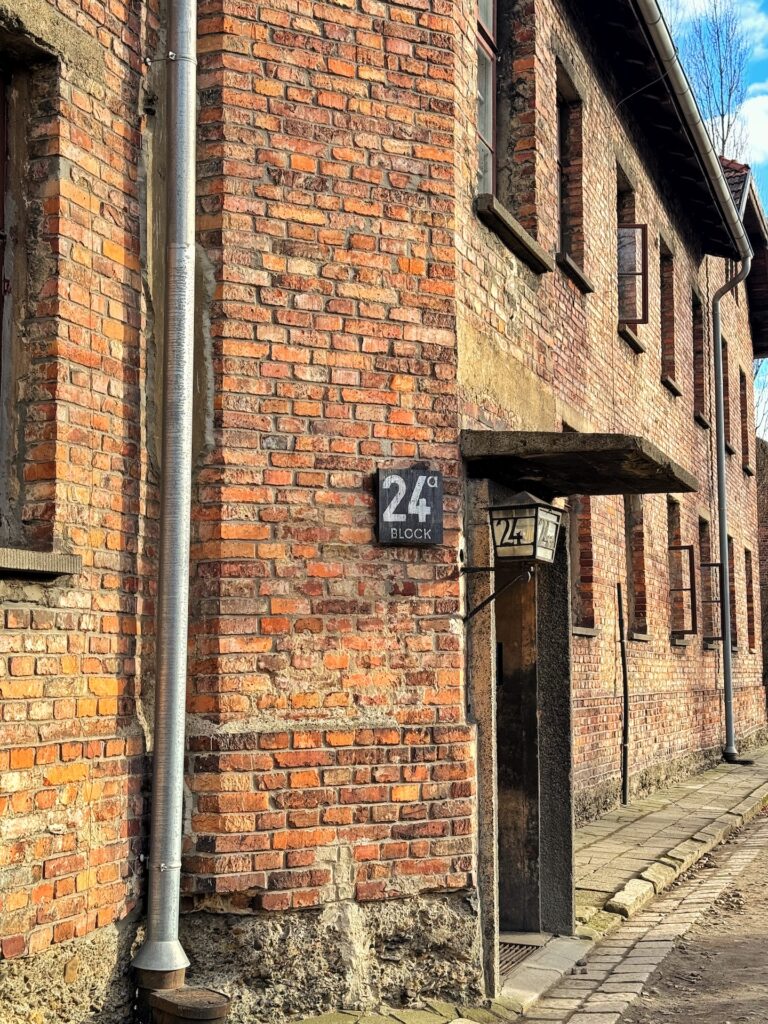
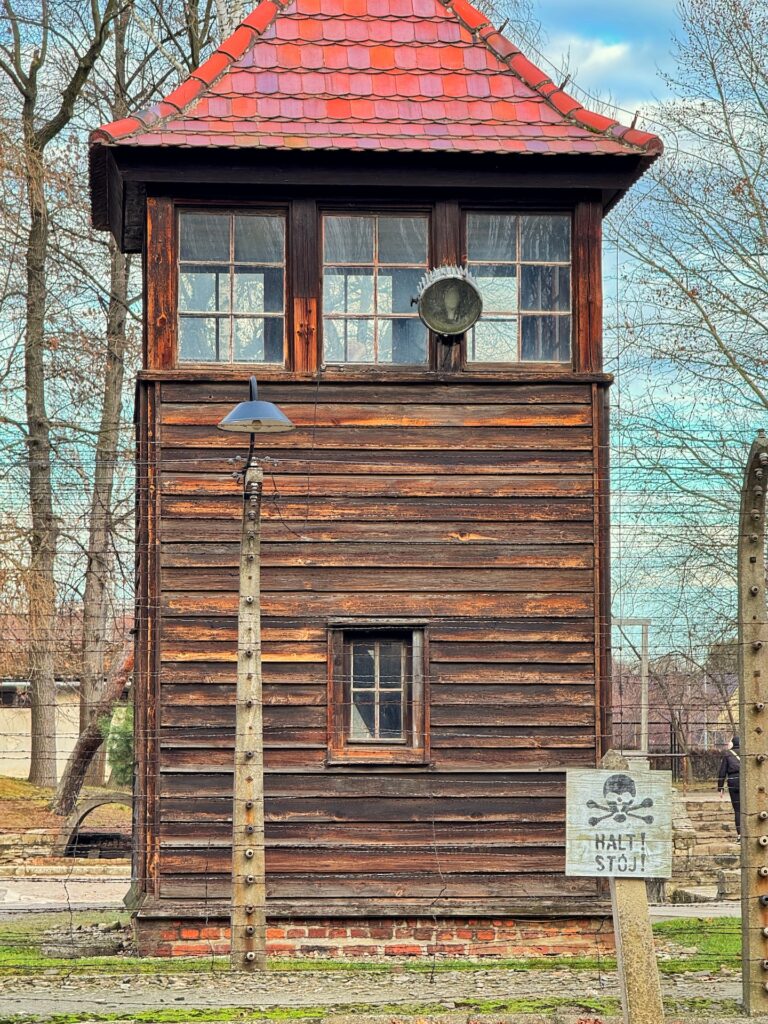
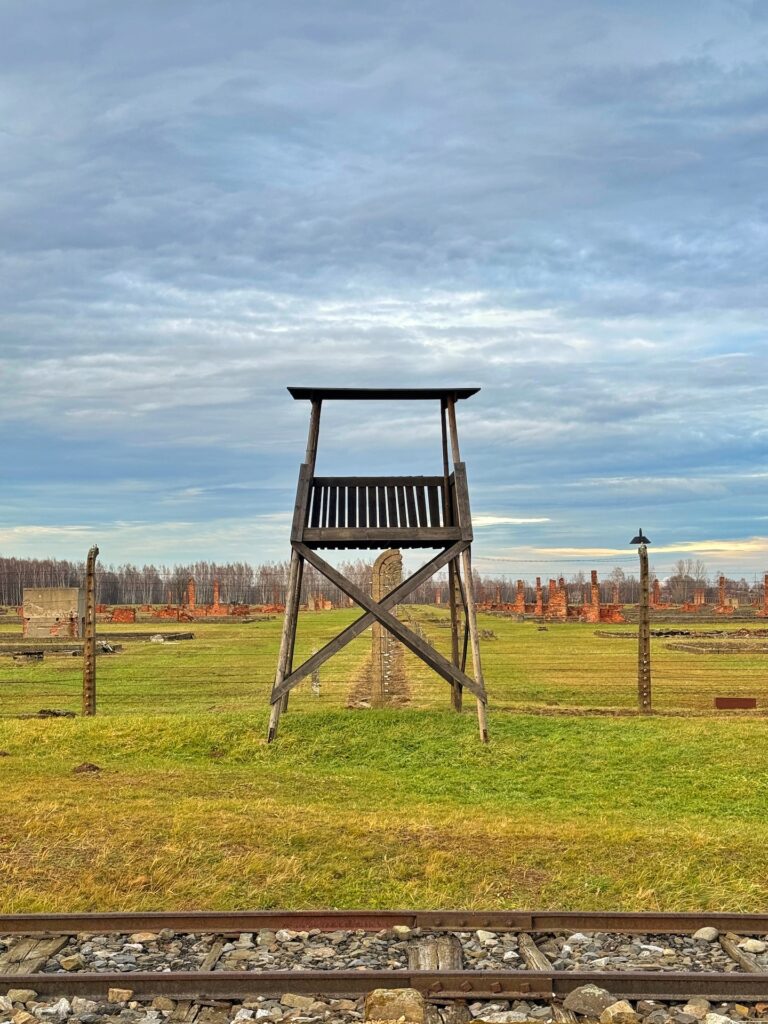
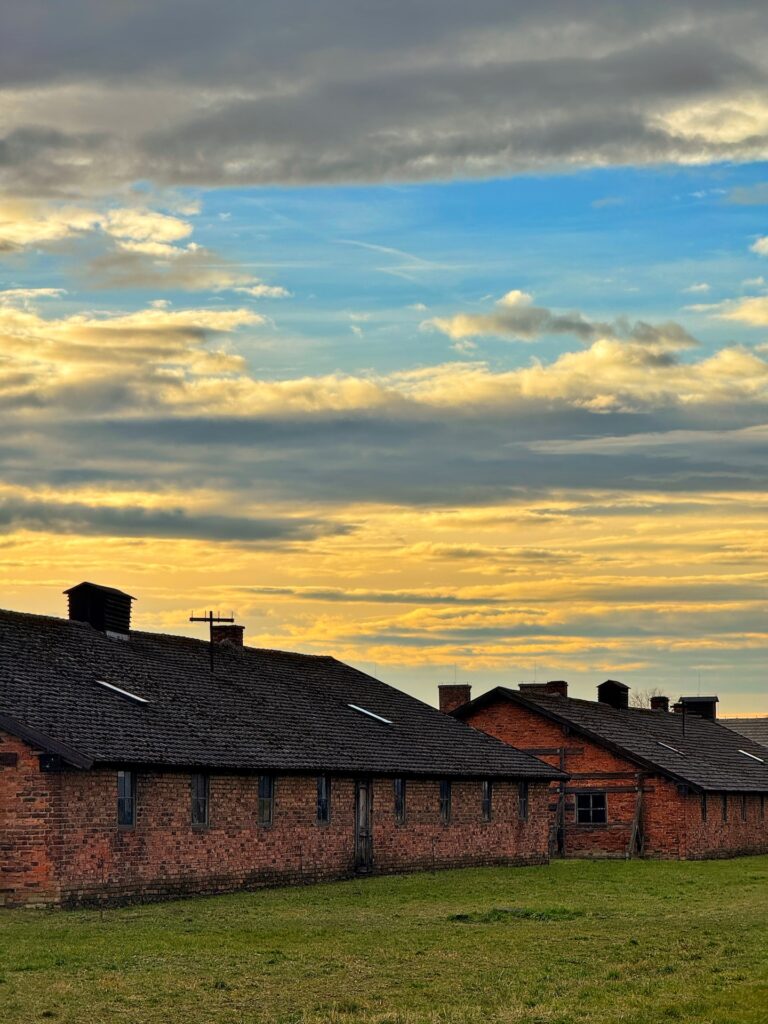
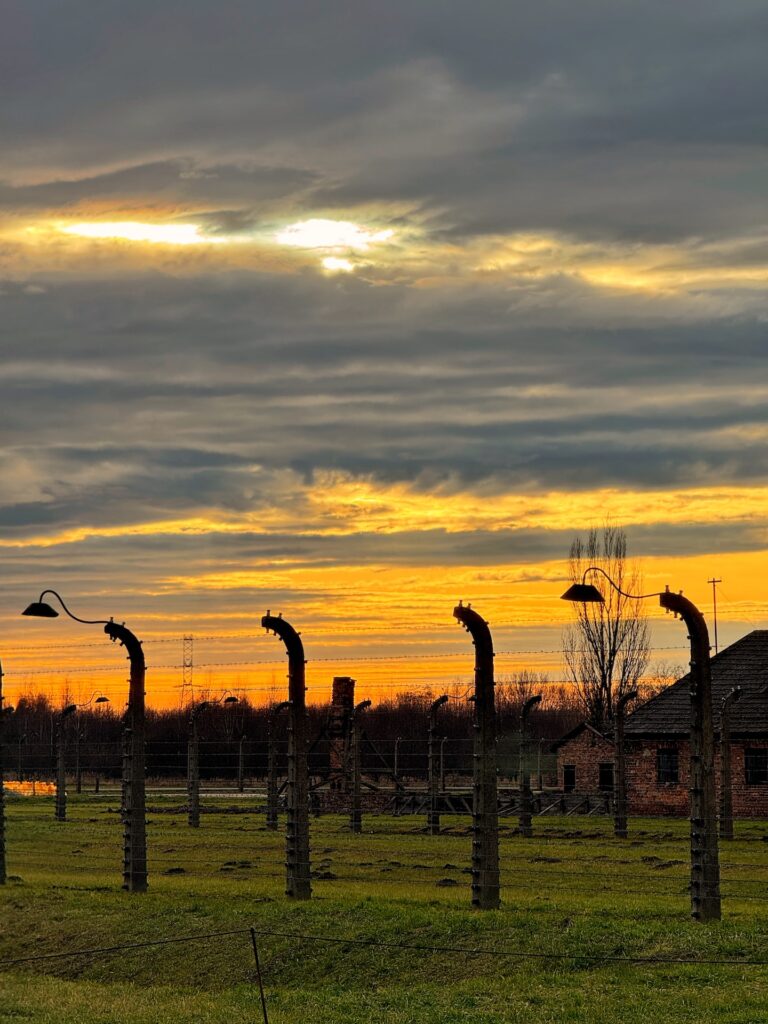
Leave a Reply